In June, singer Misha B posted a video filmed in lockdown, but years in the making. Speaking out against her treatment as a young Black woman on series eight of The X Factor, the clip prompted an outpouring of support for her brave honesty about her battle with PTSD and years of therapy. She was not the first reality TV contestant to have success impacted by misleading edits and racist tropes, nor is she the last. But as the Black Lives Matter movement grows, and the world begins to open its eyes to society’s inherent racism, how will the TV industry get their act together?
In 2011, Misha was a few weeks into the live rounds of The X Factor, back in the days when success on the programme was a golden ticket to fame. At the time, she was a front-runner, undoubtedly the most talented solo artist in the competition, and seemed certain of a place in the final. But it was arguably all derailed when judges Tulisa Contostavlos and Louis Walsh attacked her ‘overconfidence’ on screen, and allegations of bullying backstage emerged. It was nail- biting, cringe-inducing television. In the weeks that followed, Misha was in the bottom two three times, and was eventually voted off in fourth place.
Shortly after Misha spoke out on Instagram, former X Factor champion Alexandra Burke joined the conversation. Her post-win career was negatively affected by racial stereotypes and, when she competed in Strictly Come Dancing in 2011, she says she was disproportionately criticised as overconfident or exhibiting diva-like behaviour. She was, she says, presented as ‘a complete bitch’. The media portrayal led to public backlash. ‘I was getting so many trolls, how I got through it I have no idea,’ she says. ‘I don’t even like thinking about that experience.’
It is not only a problem on talent programmes that, one could at least argue, might involve individuals with higher-than- average self-confidence. Remember Makosi Musambasi, who appeared on season six of Big Brother? A cardiac nurse, she was depicted as standoffish, even arrogant. Her eloquence and spirit were secondary. In its 20-year history, only one Black housemate has walked away as winner.
‘I do feel I was treated differently because of the colour of my skin,’ Makosi reflects to Grazia today. ‘Black women have always had to tone themselves down because, if you don’t, you’re seen as aggressive or a bully.’
Nor is it solely a gender issue. For Ovie Soko, who participated in 2019’s summer series of Love Island, discovering that his good manners and kindness flew in the face of many viewers’ perceptions of a modern Black man was hard to stomach. ‘People were telling me I was a gentleman and changing the narrative,’ he wrote recently in a powerful online essay. ‘It was bullshit. The way I behaved is not unique to Black men. The public are typically used to seeing Black men cast and forced into roles such as the womaniser, the aggressor, or the fool.’
What can be done? The industry is, at least, open to change. The BBC has announced a £100m commitment to nurturing diversity in its programming. But what for the reality genre specifically? Teams on some shows are nervous.A former producer on Made In Chelsea says the beloved fly-on-the-wall programme is failing on diversity counts.
‘The show didn’t recruit a Black series regular until Akin Solanke-Caulker in series 13 – and he left the following year,’ the insider explains. ‘We used to justify the representation issue to ourselves as out of our hands: the cast are scouted or introduced via current castmates, and we didn’t think it was our fault when Black candidates declined to get involved. But I came to realise that they didn’t want to join in because they didn’t feel that they had a place in the cast. They couldn’t see where they’d fit in among the white blondes. We didn’t try hard enough. But I think these conversations will be happening again very soon, and this time there’ll be tangible, positive results.’
A source who worked for The X Factor during its first few series says that the nature of the reality format means the edit is key. ‘You are crunching an individual’s day or week into a concise, watchable, entertaining segment,’ says the source. ‘You have a few minutes to sum up an entire journey and, for some contestants, this means that 30 seconds of bad behaviour becomes representative of their whole character.
I think [TV editors] need to be told to pause, rewatch and consider what running a certain clip – often out of context – really says about the person, or what a throwaway remark to a judge really means. A shouting match or a mean comment might make good TV (as did telling Tulisa and Louis that Misha had been a bully – with no proof or grounding), but it has consequences. There needs to be an honest, transparent conversation, led by Black advocates, about the nature of bias. The editors and producers don’t think they’re racist. But that doesn’t mean they’re not.’
Makosi, however, does not consider producers and their ‘villain edits’ as any more responsible than the audiences at home. ‘I was angry about how I was depicted and I’ve had to face up to that. But I don’t think it’s a production issue,’ she says. ‘It’s collective perception, beyond reality TV. Michelle Obama was abused. Meghan Markle faced the same. It’s the viewers who need an education on people who don’t look like them,’ she says. ‘My hope is that the conversation the world is having right now will change perceptions. Education is a continuous thing, and those with the will to learn will learn.’
Indeed, the Big Brother race row of 2007 – when Jo O’Meara, Danielle Lloyd and Jade Goody subjected fellow housemate Shilpa Shetty to prolonged racist aggressions – may have made for uncomfortable viewing, but the language can be found in our local areas, shouted from cars, at schools or over back garden fences. Reality TV, by its very name, reflects everyday life. Maybe, if we’re asking the genre to change its behaviour, we need to look at our own first.
READ MORE: The X Factor Icon Sinitta On Racism In Reality TV
Big Brother winners where are they now
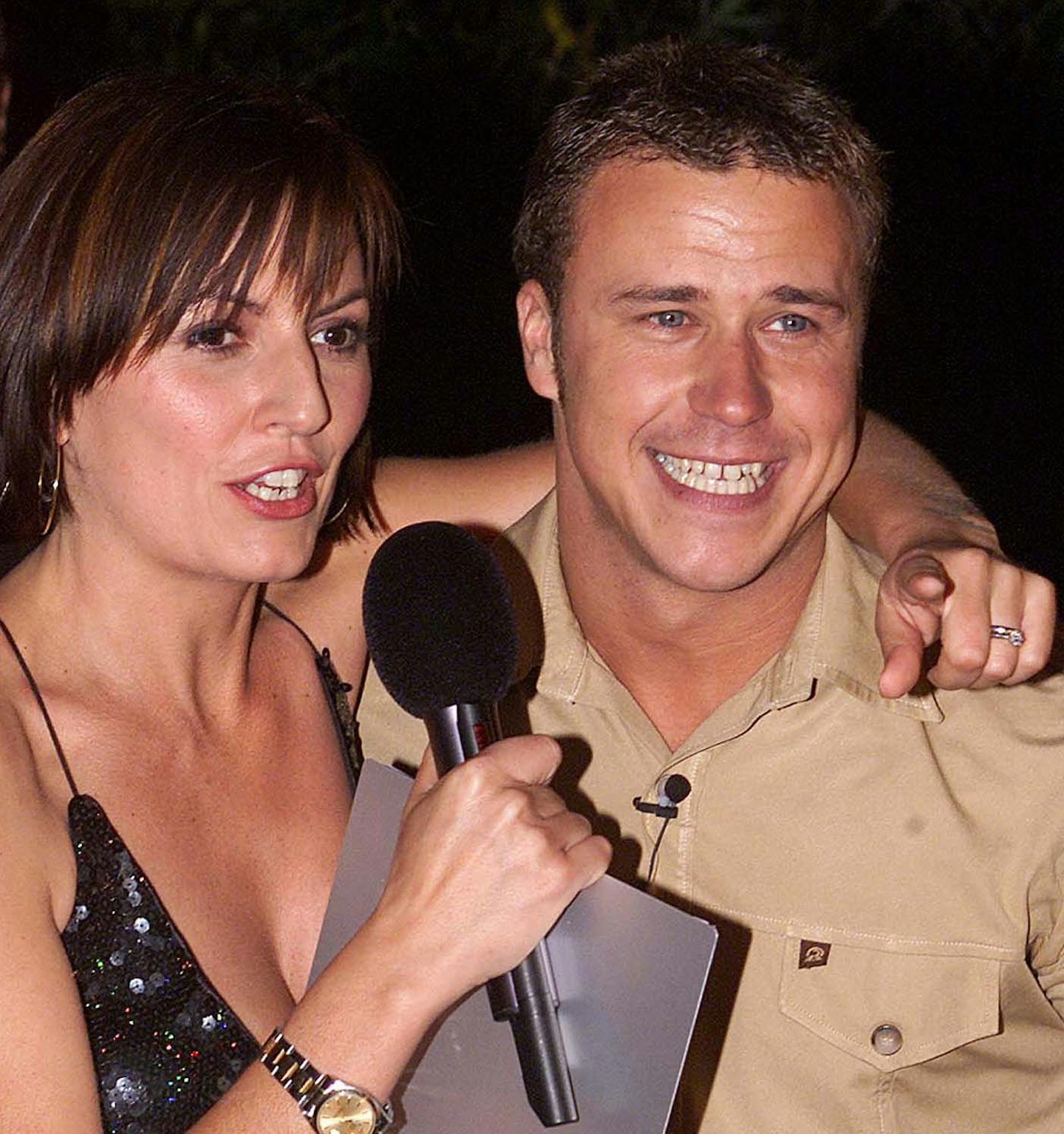 1 of 36
1 of 36THEN: Craig Phillips
Scouser Craig was the first person to win Big Brother way back in 2000.
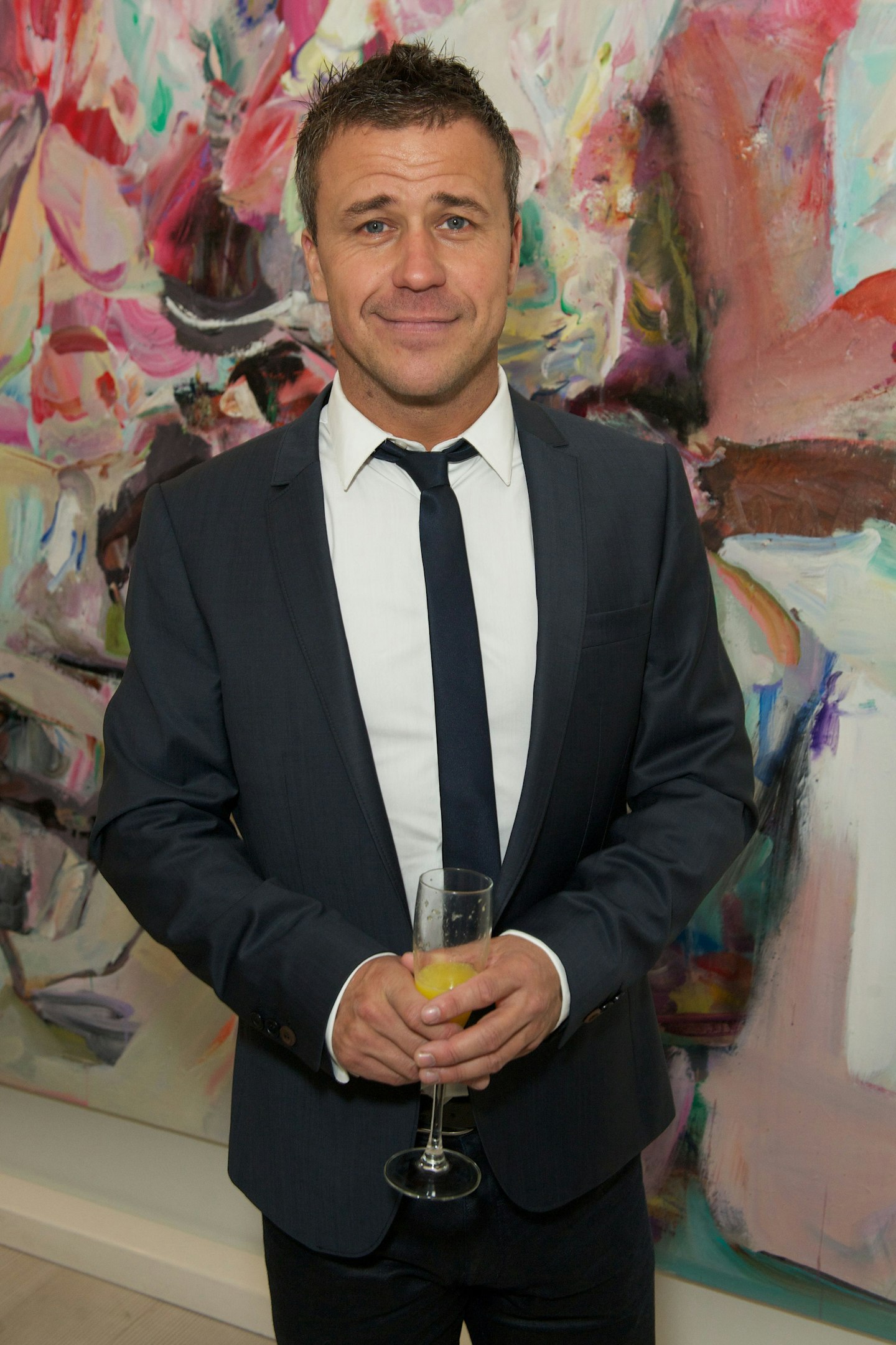 2 of 36
2 of 36NOW: Craig Phillips
After giving his £70,000 prize money to charity, Craig went on to put his building skills to use and appeared a number of TV shows such as 60 minute makeover and Craig's Trade Tips.In 2011 he hosted a show called Celebrity DIY with Craig Phillips for Home and he also became an ambassador for Ryobi, a hardware manufacturing company.In June 2020, Craig announced his wife was expecting the couple's second child.
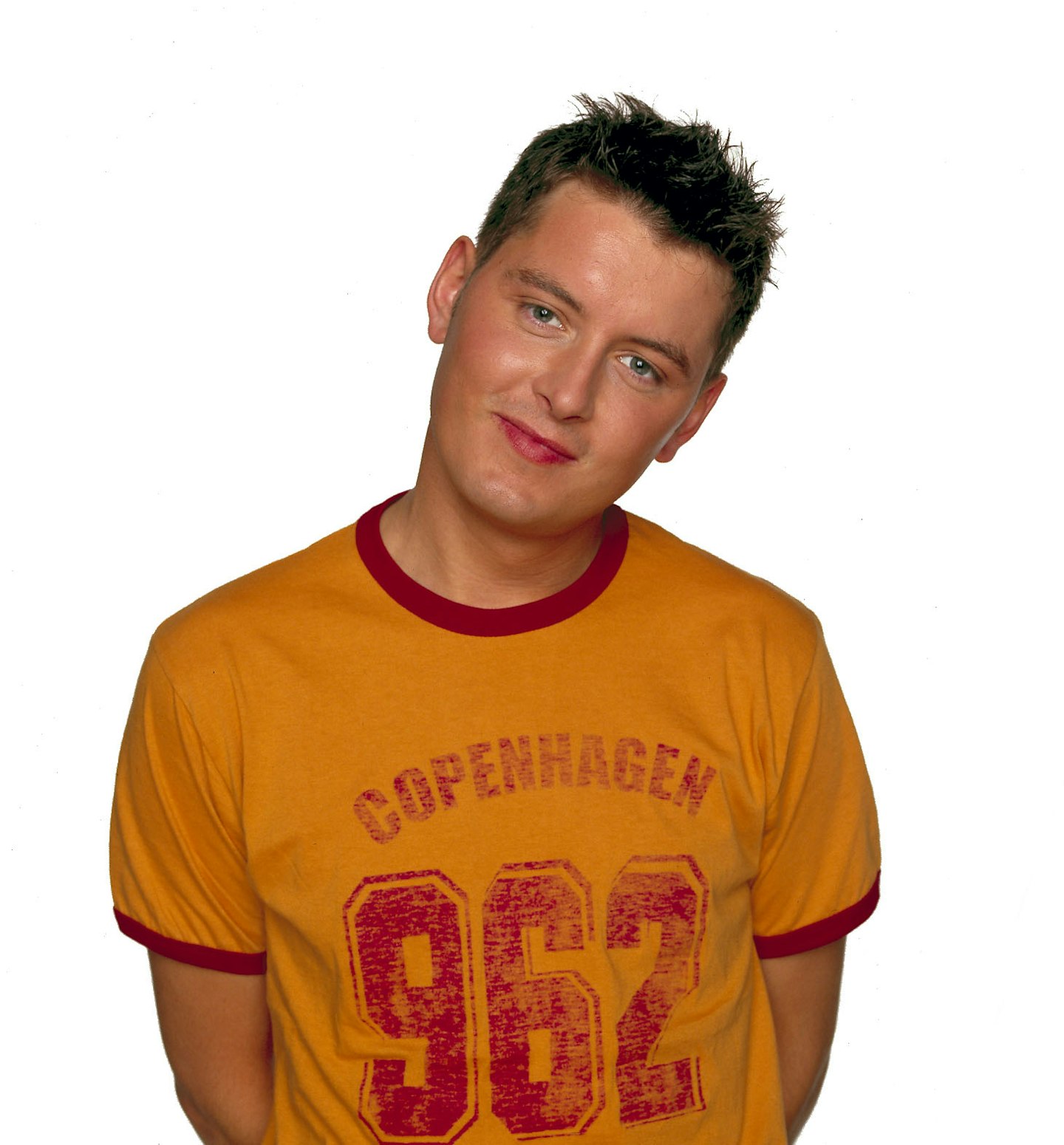 3 of 36
3 of 36THEN: Brian Dowling
Irishman Brian was crowned the winner of Big Brother 2 in 2001, beating the likes of Helen Adams and Paul Clarke.
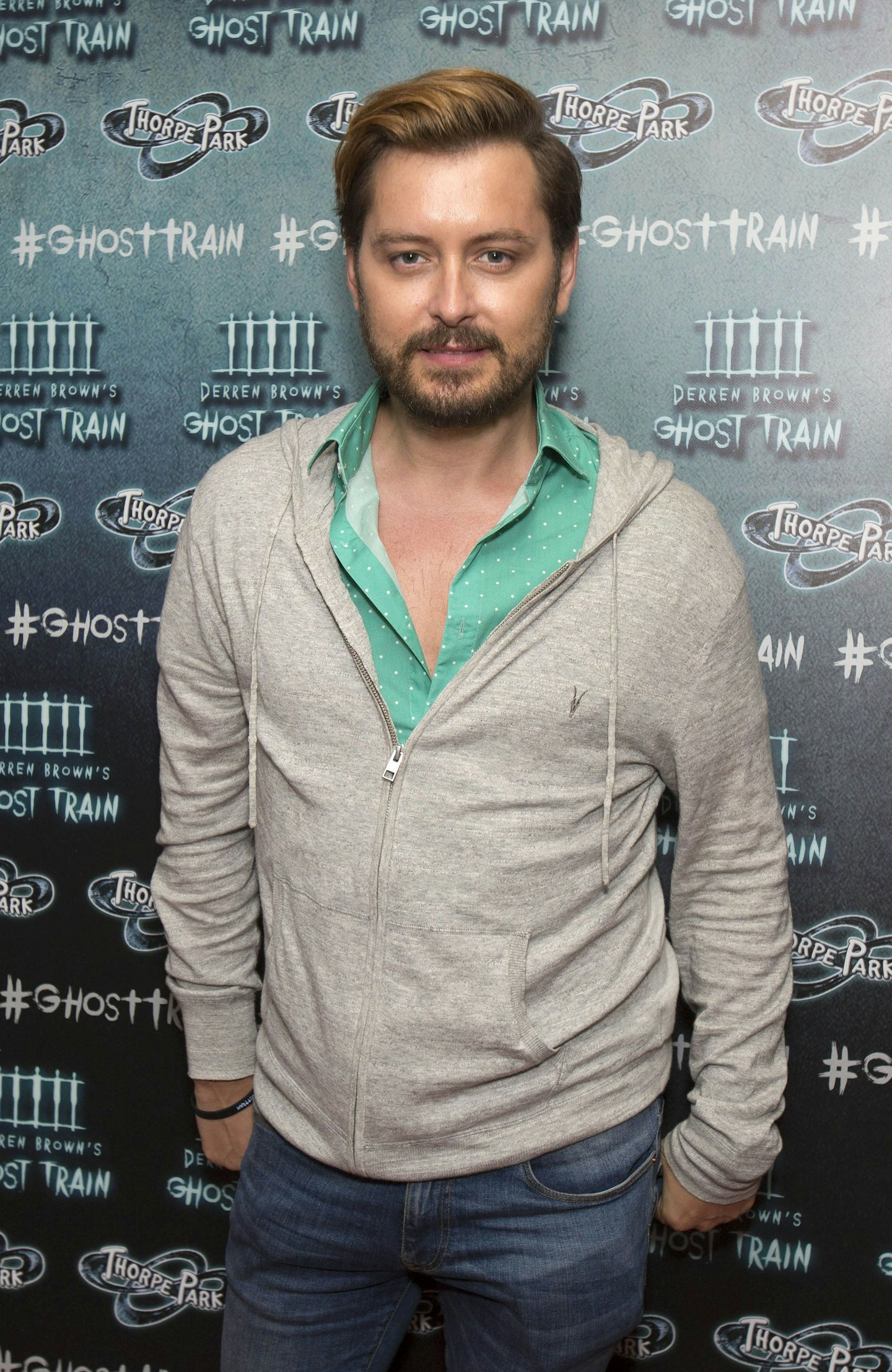 4 of 36
4 of 36NOW: Brian Dowling
The show acted as a platform for Brian who has since went on to have an amazing career in TV. Not only did he return to the show in 2010 to win Ultimate Big Brother, Brian later hosted the show for two series, taking over from Davina McCall. He has since gone on to become a well known TV personality, presenting shows like Sitting on a Fortune and The Real Housewives of Cheshire.
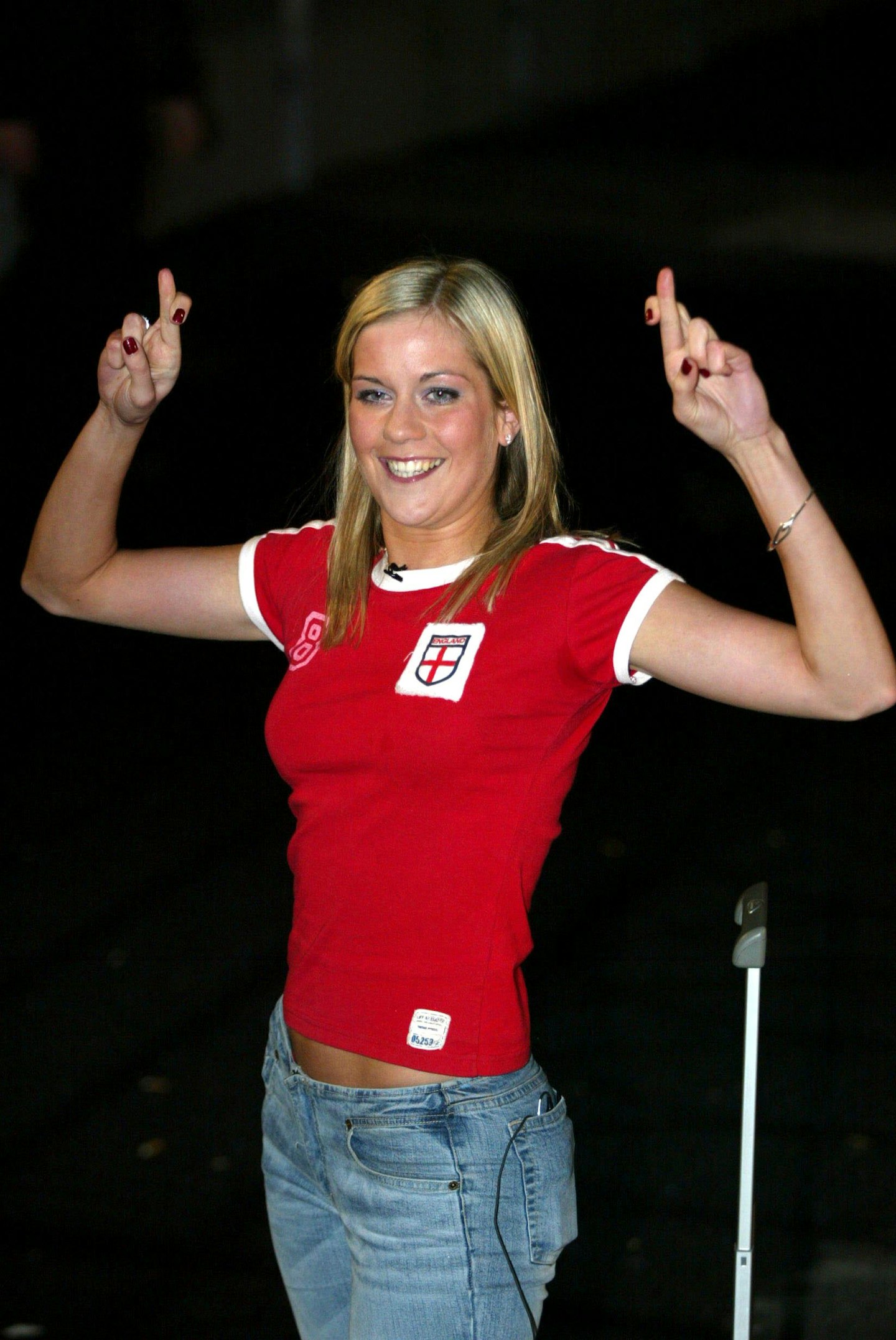 5 of 36
5 of 36THEN: Kate Lawler
Kate was the first female to win the show when she won Big Brother 3 in 2002.
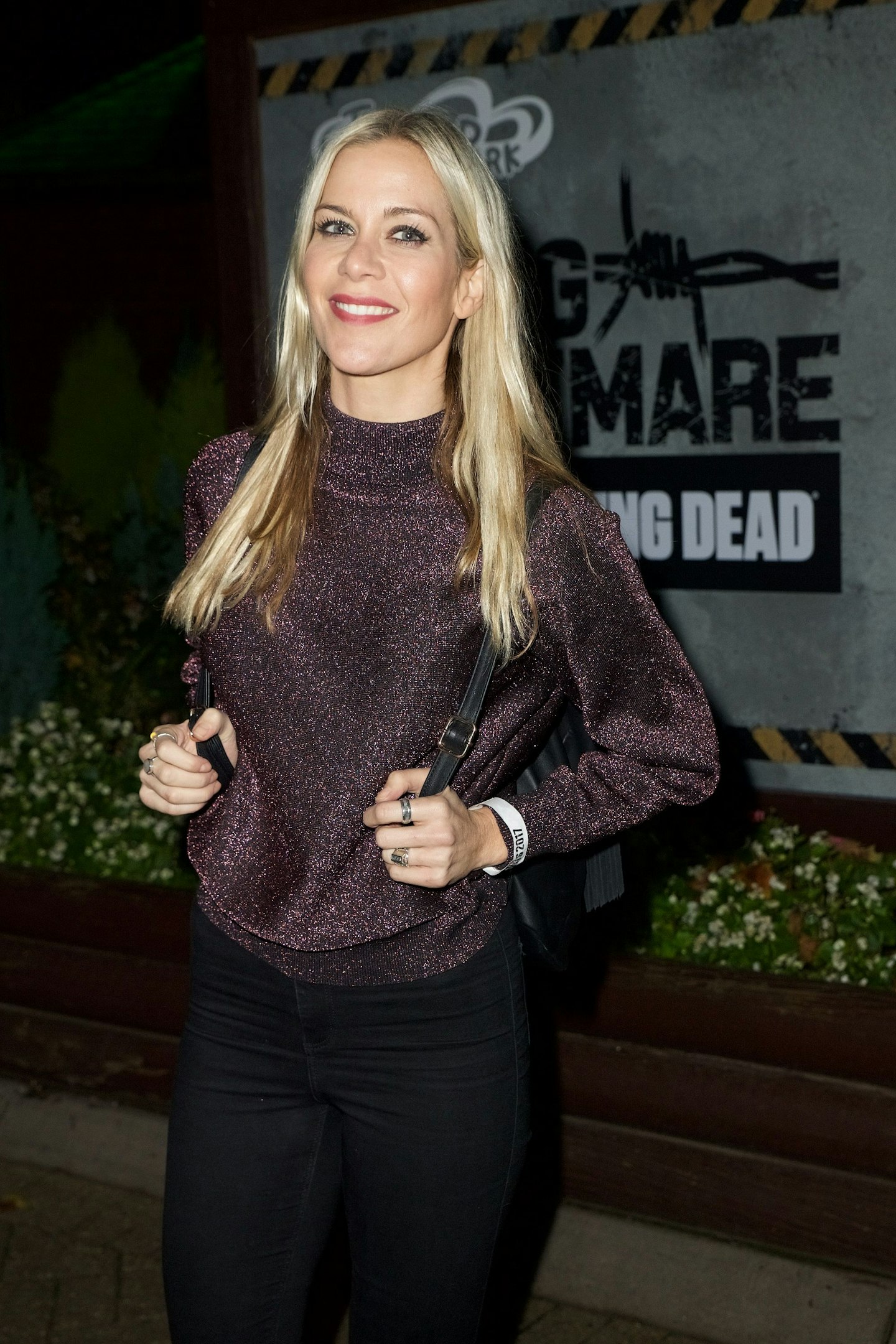 6 of 36
6 of 36NOW: Kate Lawler
Kate went on to present a number of TV and Radio shows and even appeared on Celebrity Love Island in 2006. In 2020, Kate announced she is expecting her first child with her fiancé Martin in February 2021.
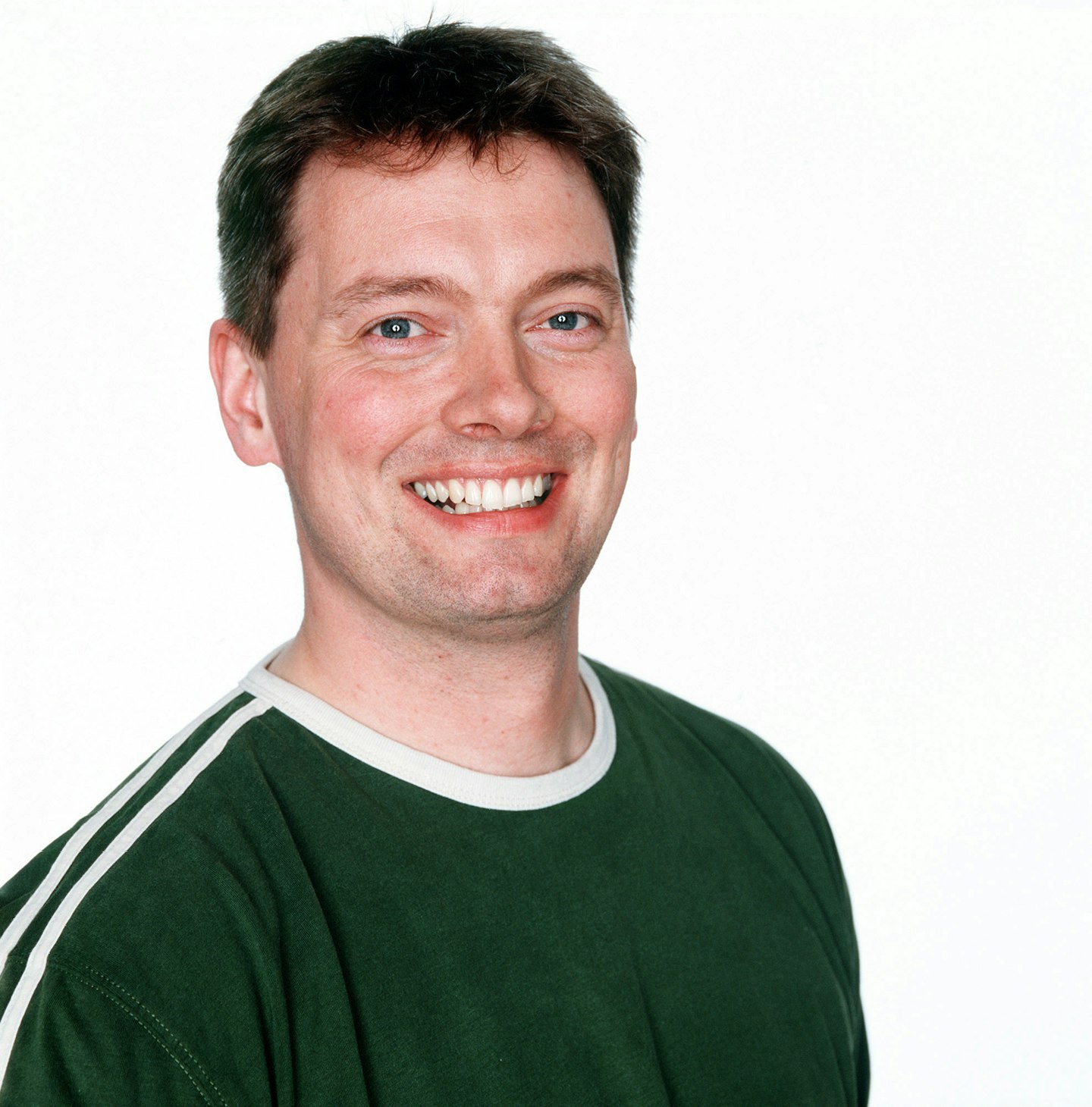 7 of 36
7 of 36THEN: Cameron Stout
Cameron won Big Brother in 2003 after receiving over 1.9 million votes. During his time in the Big Brother house Cameron was involved in a swap with the Big Brother Africa house. He swapped places with Big Brother Africa housemate Gaetano Kagwa.
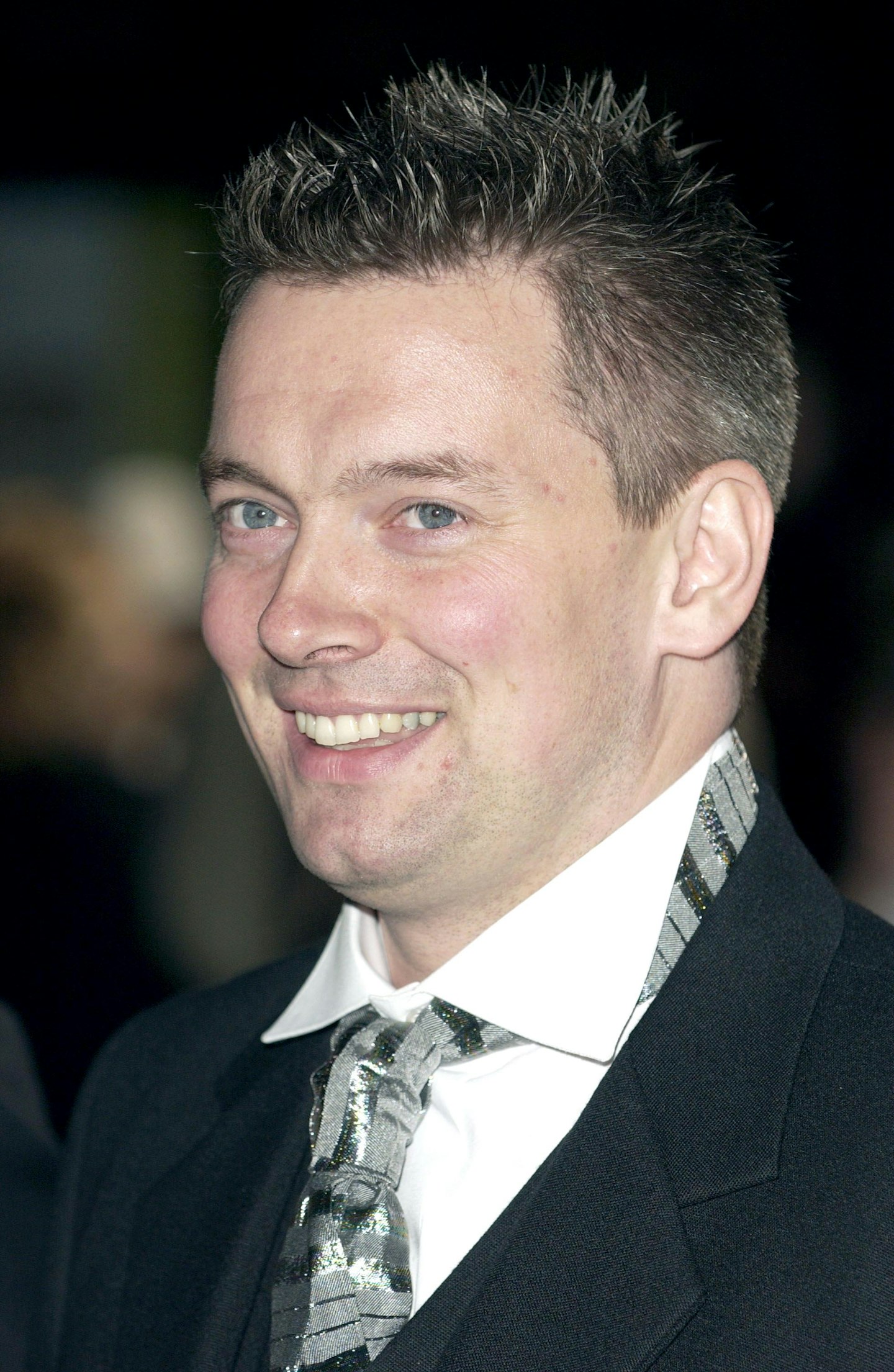 8 of 36
8 of 36NOW: Cameron Stout
After the show finished, former fish trader Cameron went on to star in a number of pantomimes, as well as landing himself a job with a newspaper. He has since stayed out of the public eye.
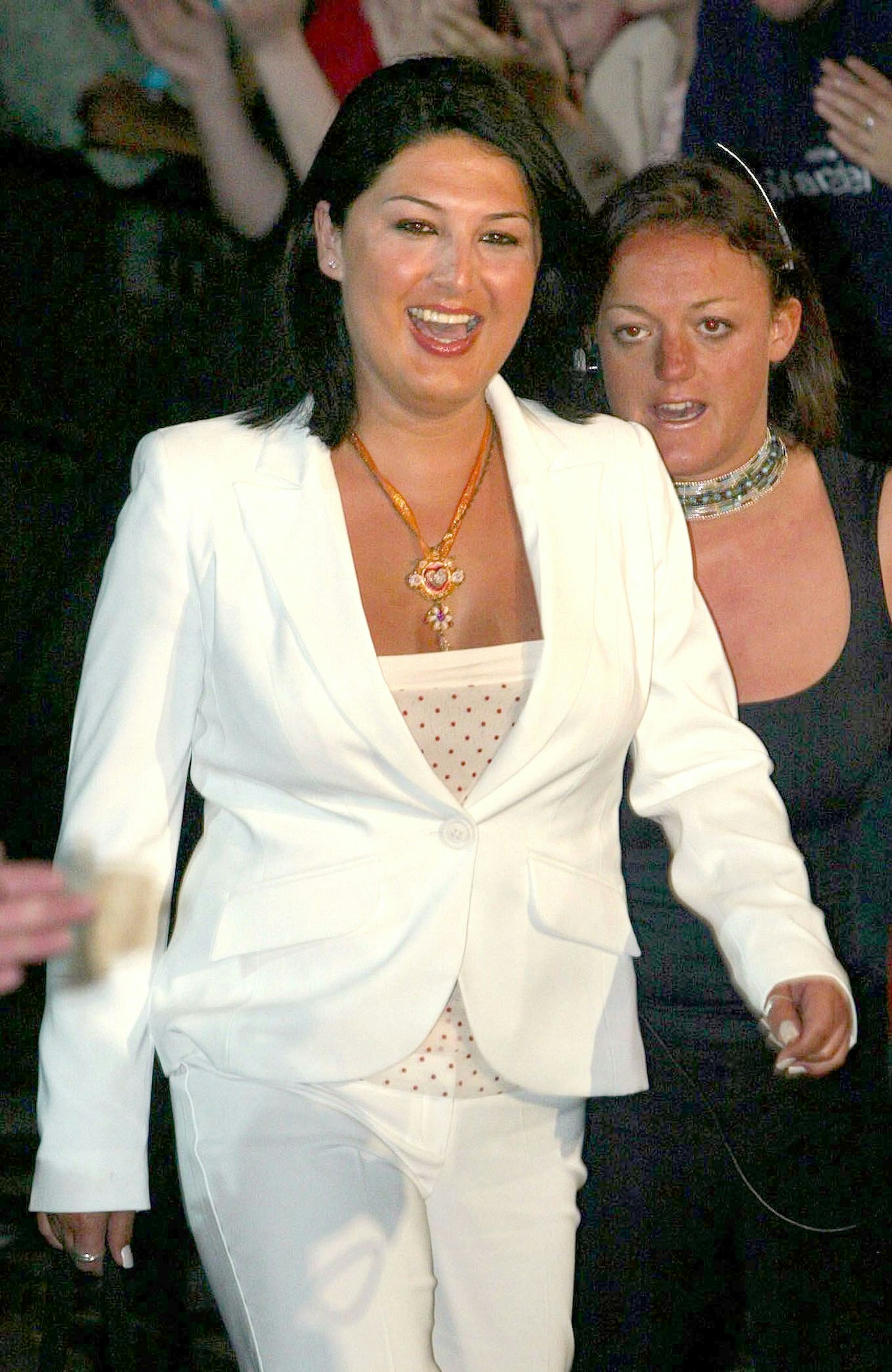 9 of 36
9 of 36THEN: Nadia Almada
Nadia stole the nation's hearts when she won the show in 2004, becoming the first transgender winner of Big Brother.
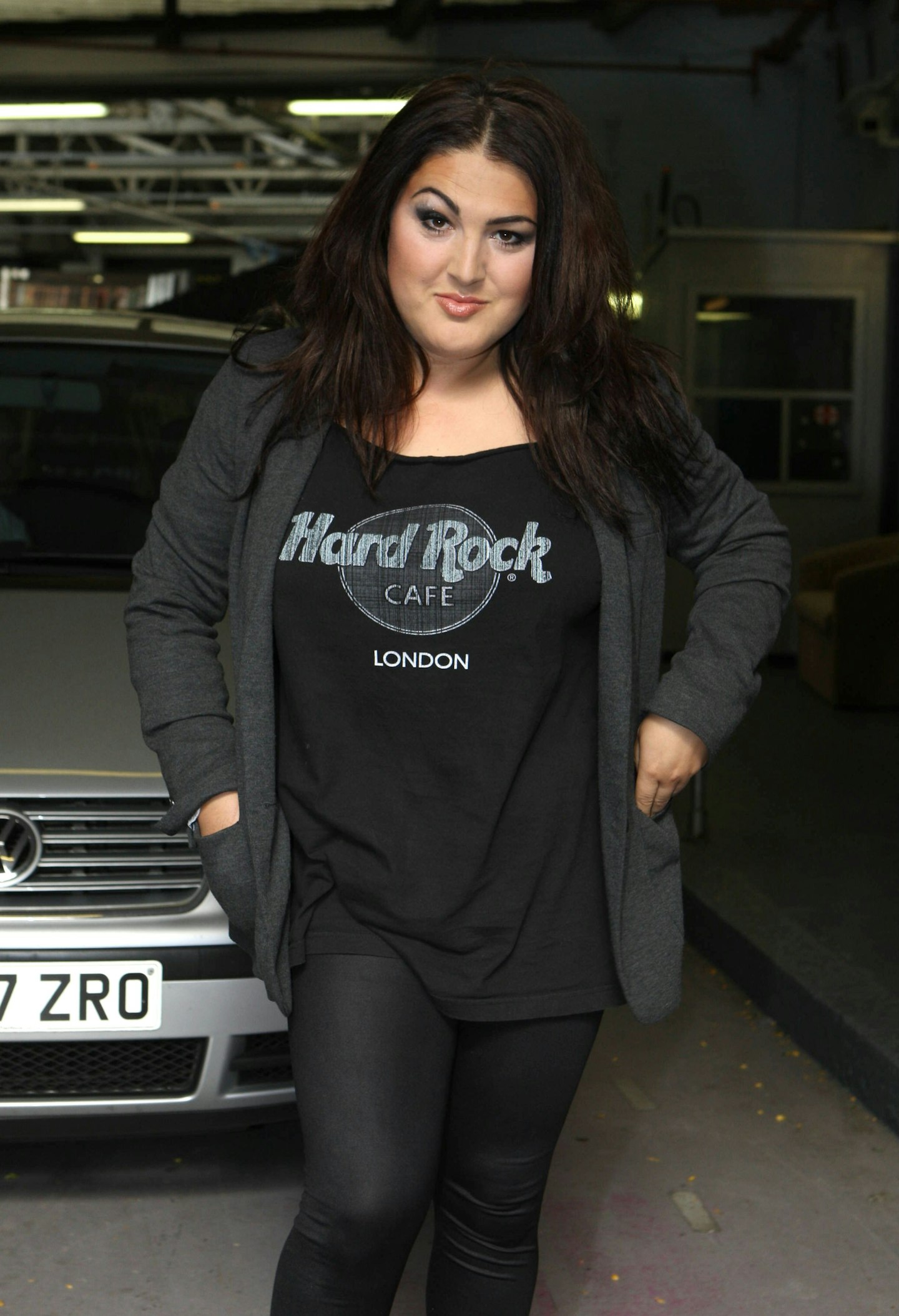 10 of 36
10 of 36NOW: Nadia Almada
As well as the show's former presenter Davina McCall, many BB fans have called Nadia their 'favourite ever winner', despite her causing drama when she returned for Ultimate Big Brother in 2010. After winning Big Brother, Nadia released a single, appeared on TV shows and even brought out her own fitness DVD.
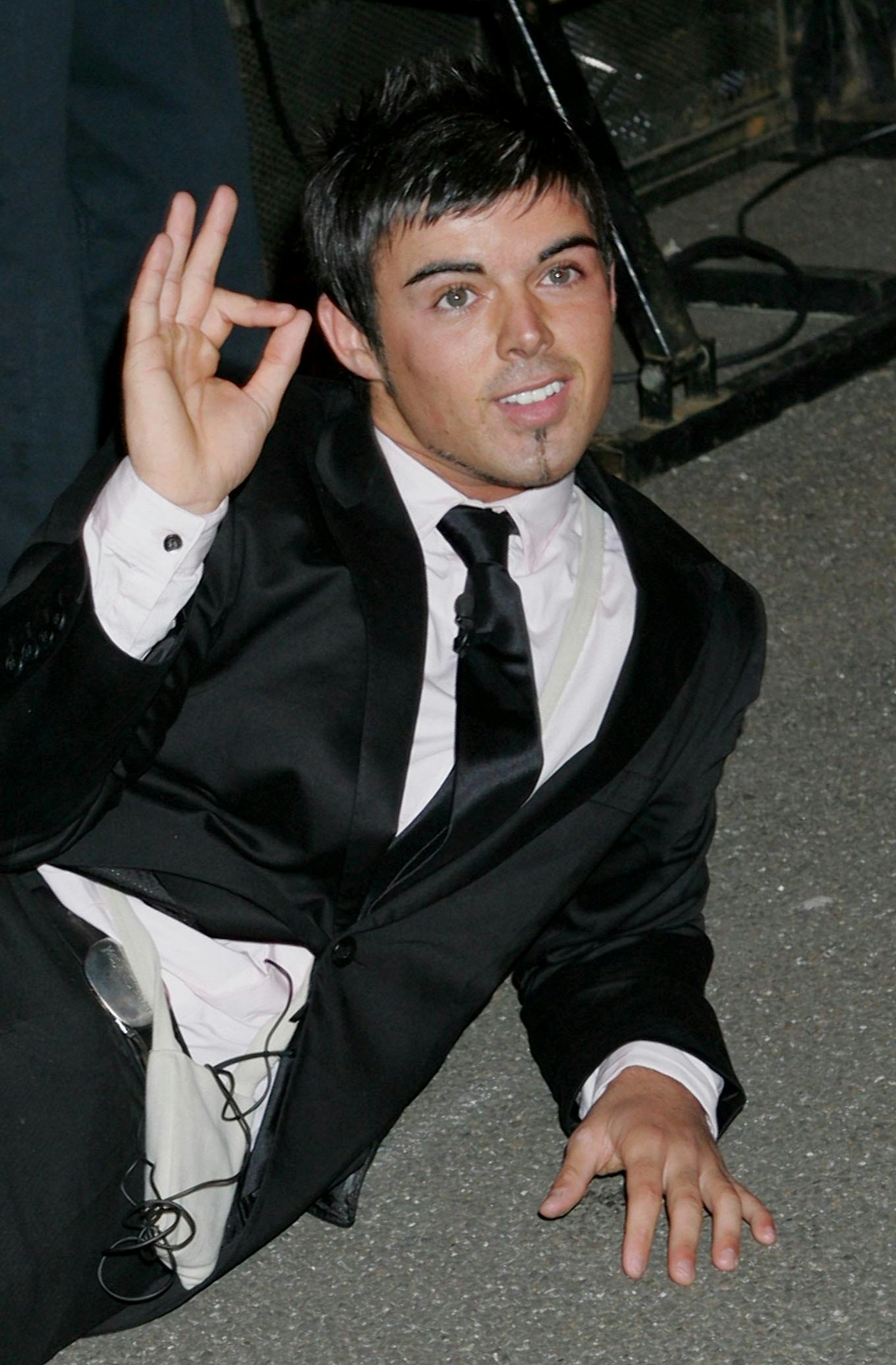 11 of 36
11 of 36THEN: Anthony Hutton
Geordie boy Anthony was a VERY popular winner in 2005, receiving 57.2% of the vote.
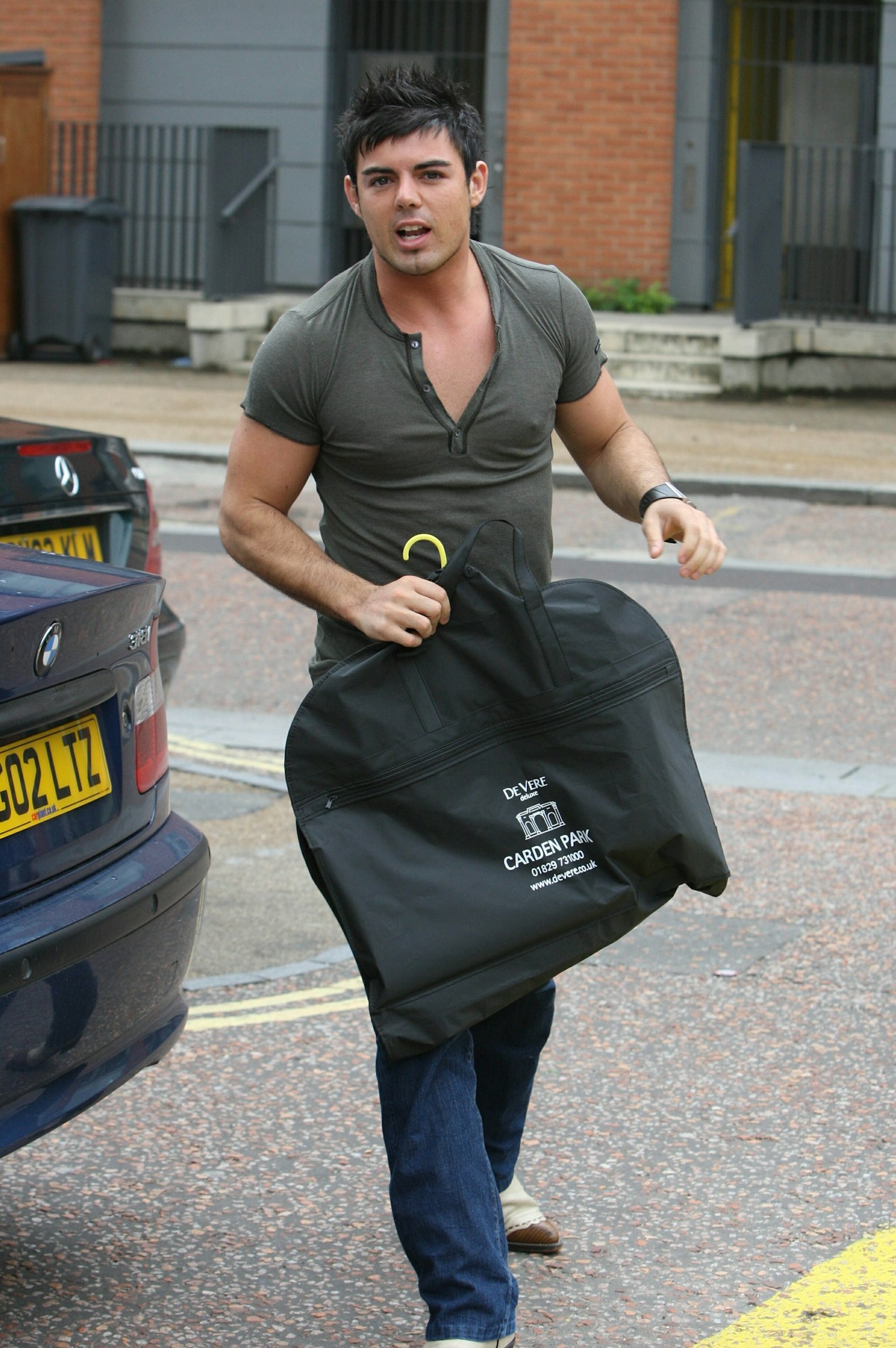 12 of 36
12 of 36NOW: Anthony Hutton
After the show, Anthony enjoyed a number of years of fame, appearing on TV shows and living the showbiz lifestyle. However, the Newcastle-born star now lives a normal life as hairdresser.
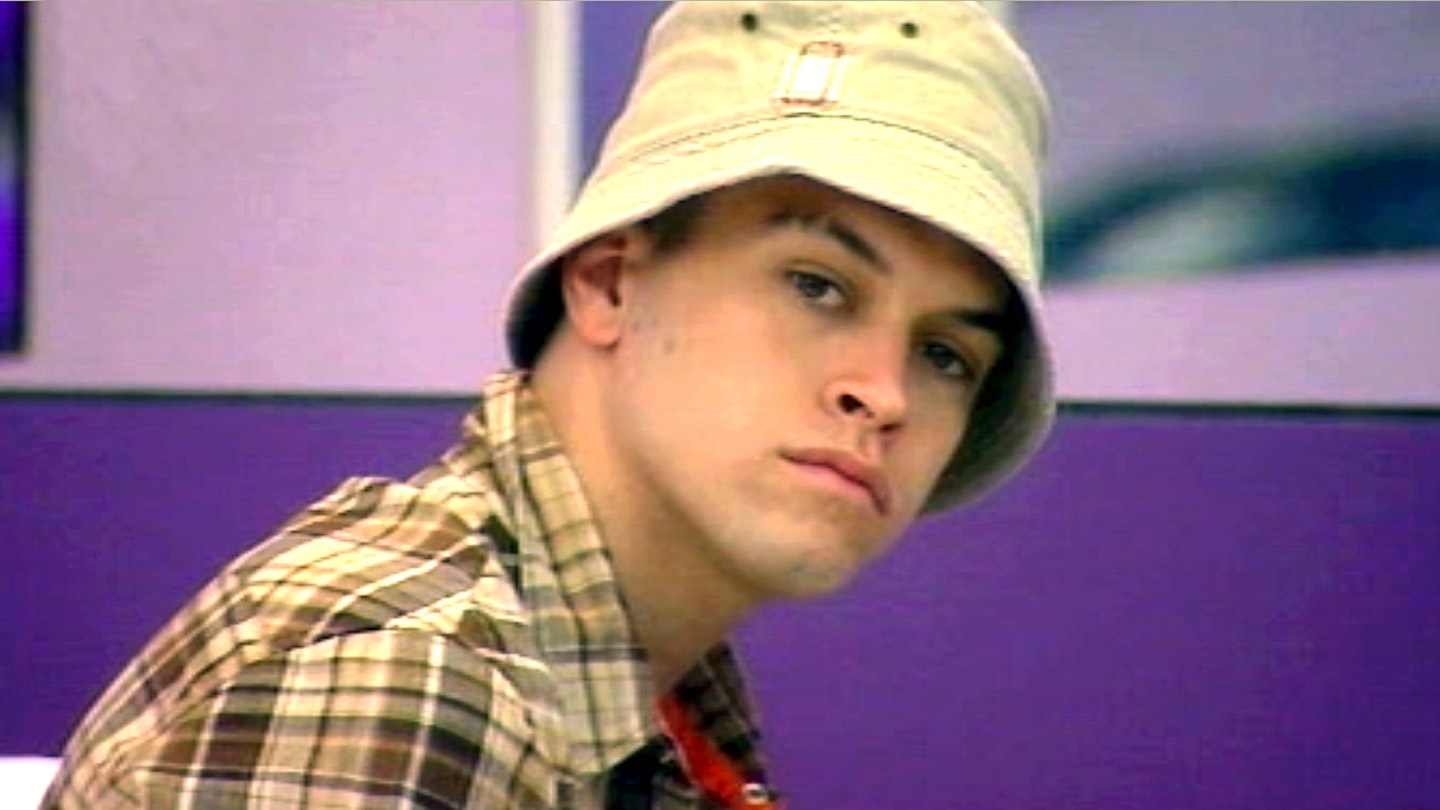 13 of 36
13 of 36THEN: Pete Bennett
Pete was the firm favourite throughout Big Brother in 2006 and eventually won with 61.2% of the final vote.
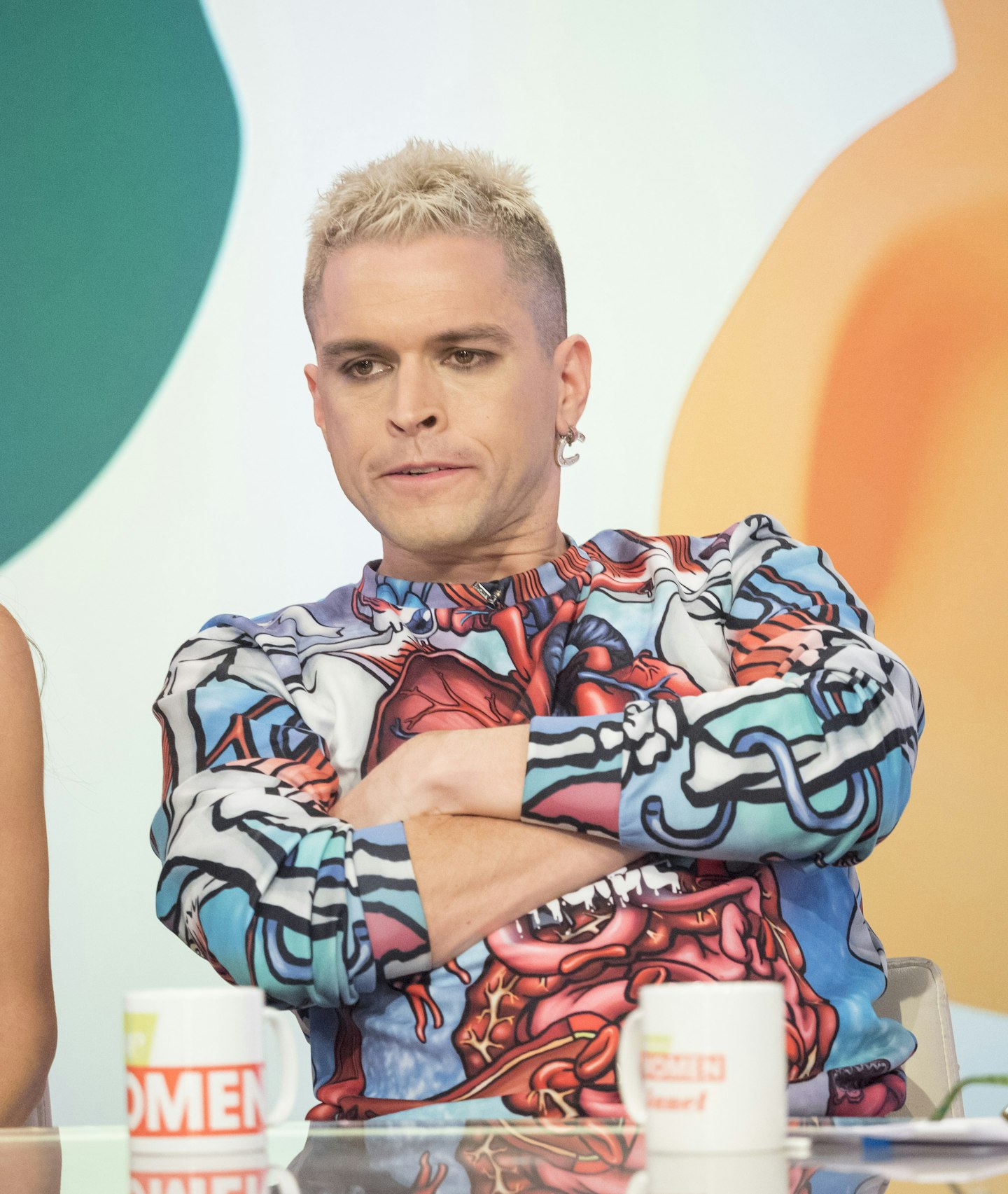 14 of 36
14 of 36NOW: Pete Bennett
Pete enjoyed a romance with Nikki Grahame in the BB house, but their romance faded out after just six months. Pete appeared on The Jeremy Kyle Show in 2010, where he revealed he is homeless. Since then, Pete has turned his life around and in 2016 set up a cleaning business called Celebriclean. Pete has now turned his hand to acting and recently released his own sitcom Green Fingers on Amazon Prime after starring in a number of films.
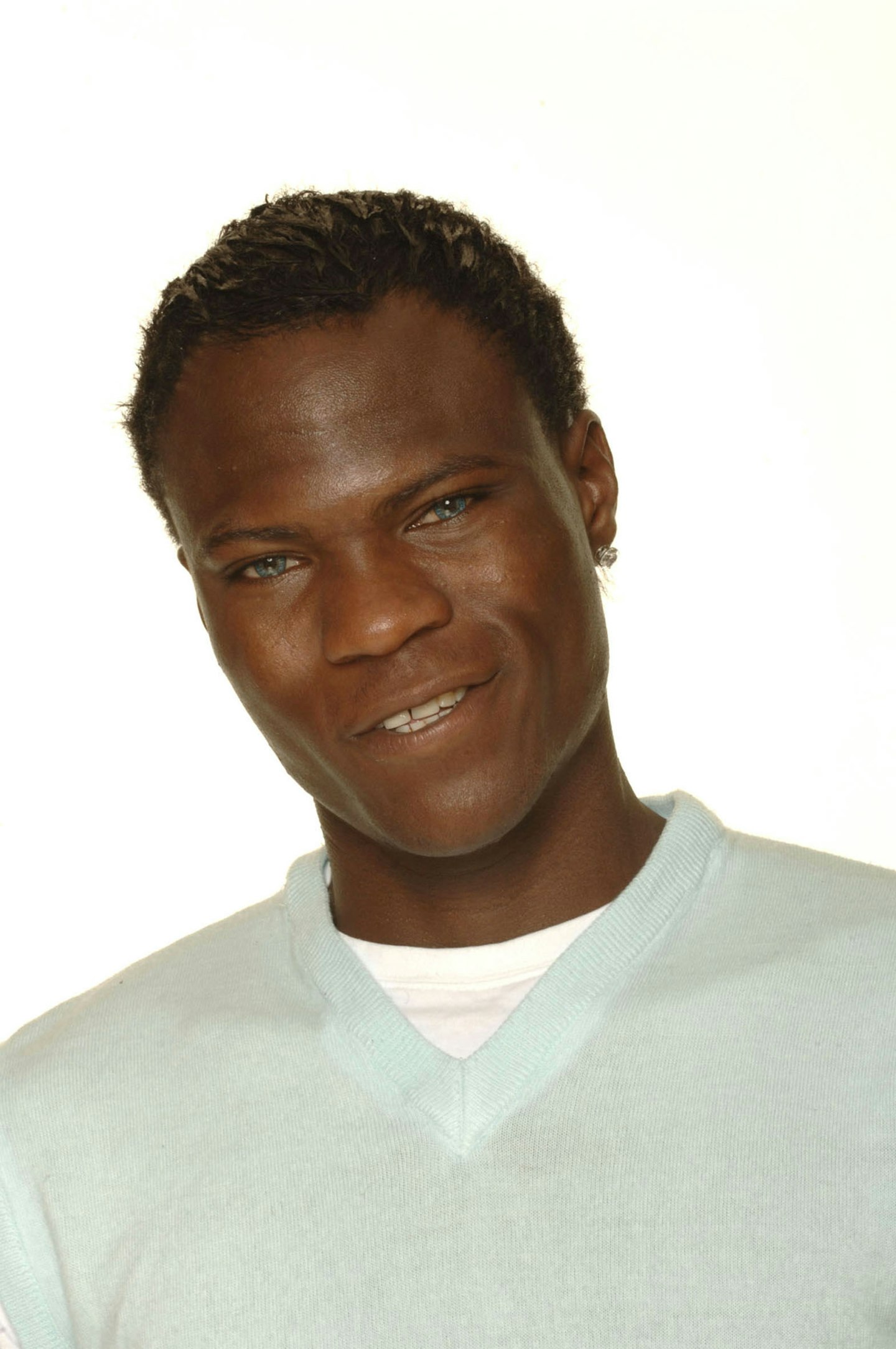 15 of 36
15 of 36THEN: Brian Belo
Essex boy Brian Belo was the winner of Big Brother 8 in 2007.
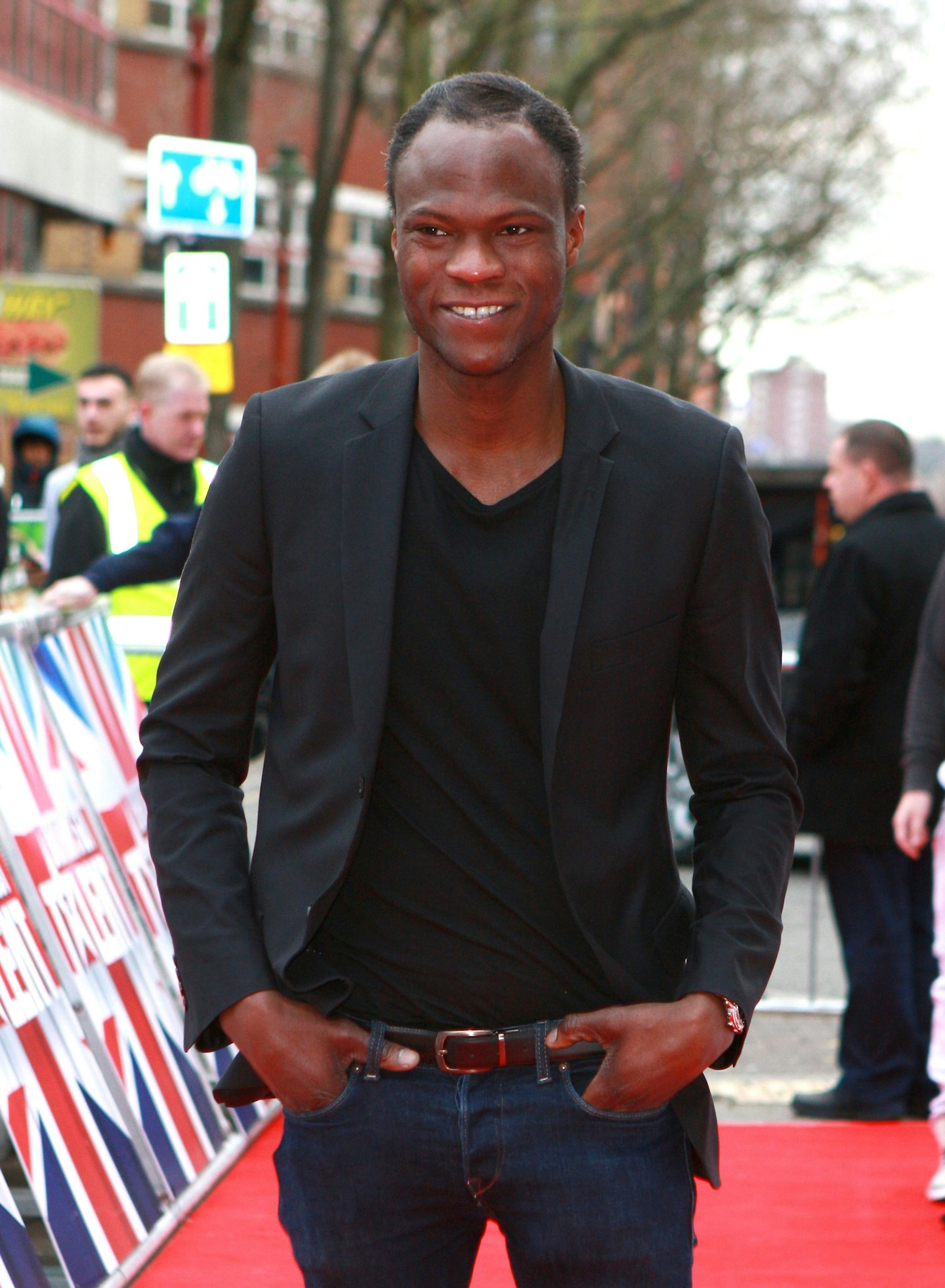 16 of 36
16 of 36NOW: Brian Belo
Brian enjoyed major success after his stint on the show, landing himself a job on various TV shows. He also returned to the infamous house in 2015 as part of the Time Warp twist.
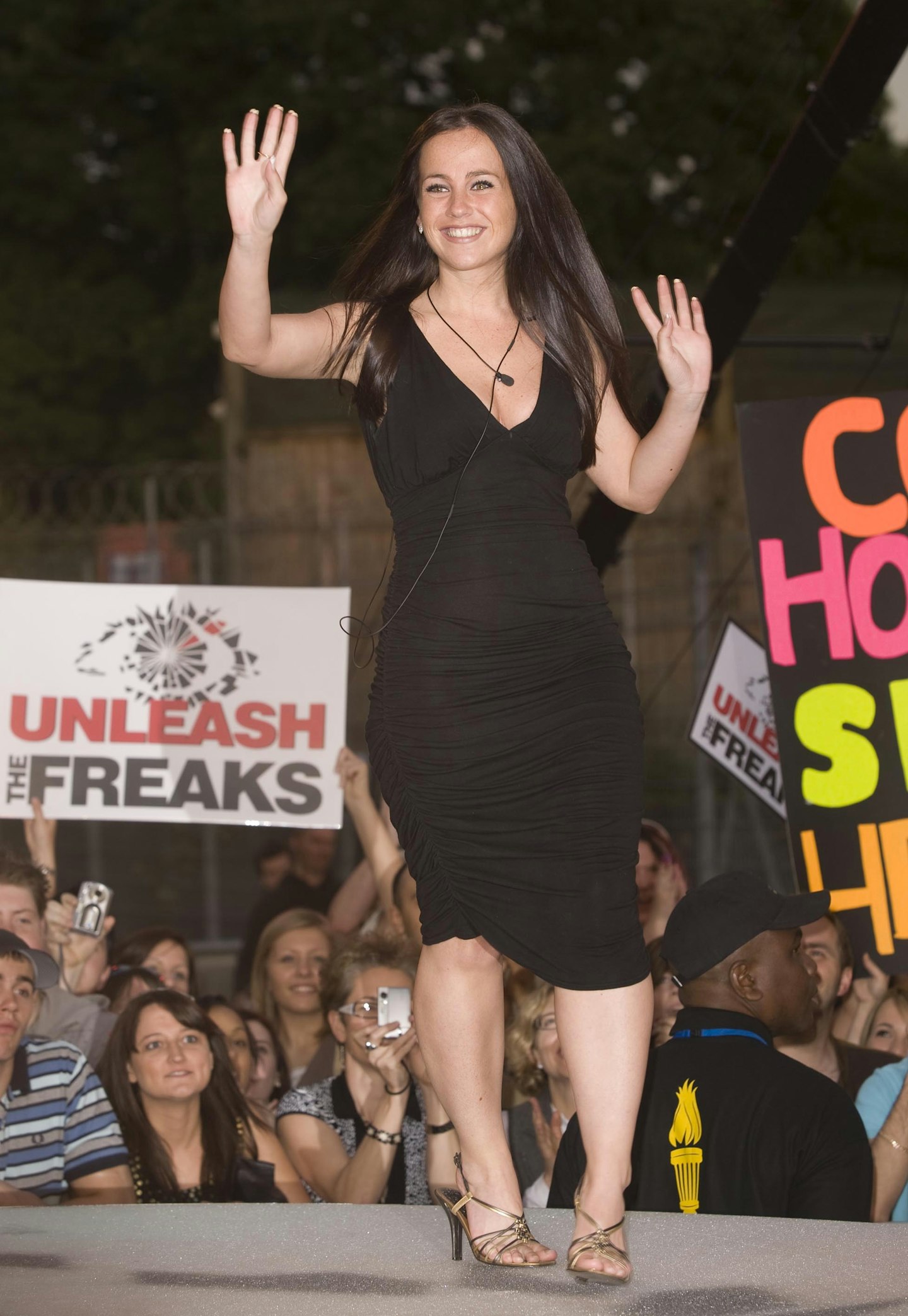 17 of 36
17 of 36THEN: Rachel Rice
School teacher Rachel won the show in 2008.
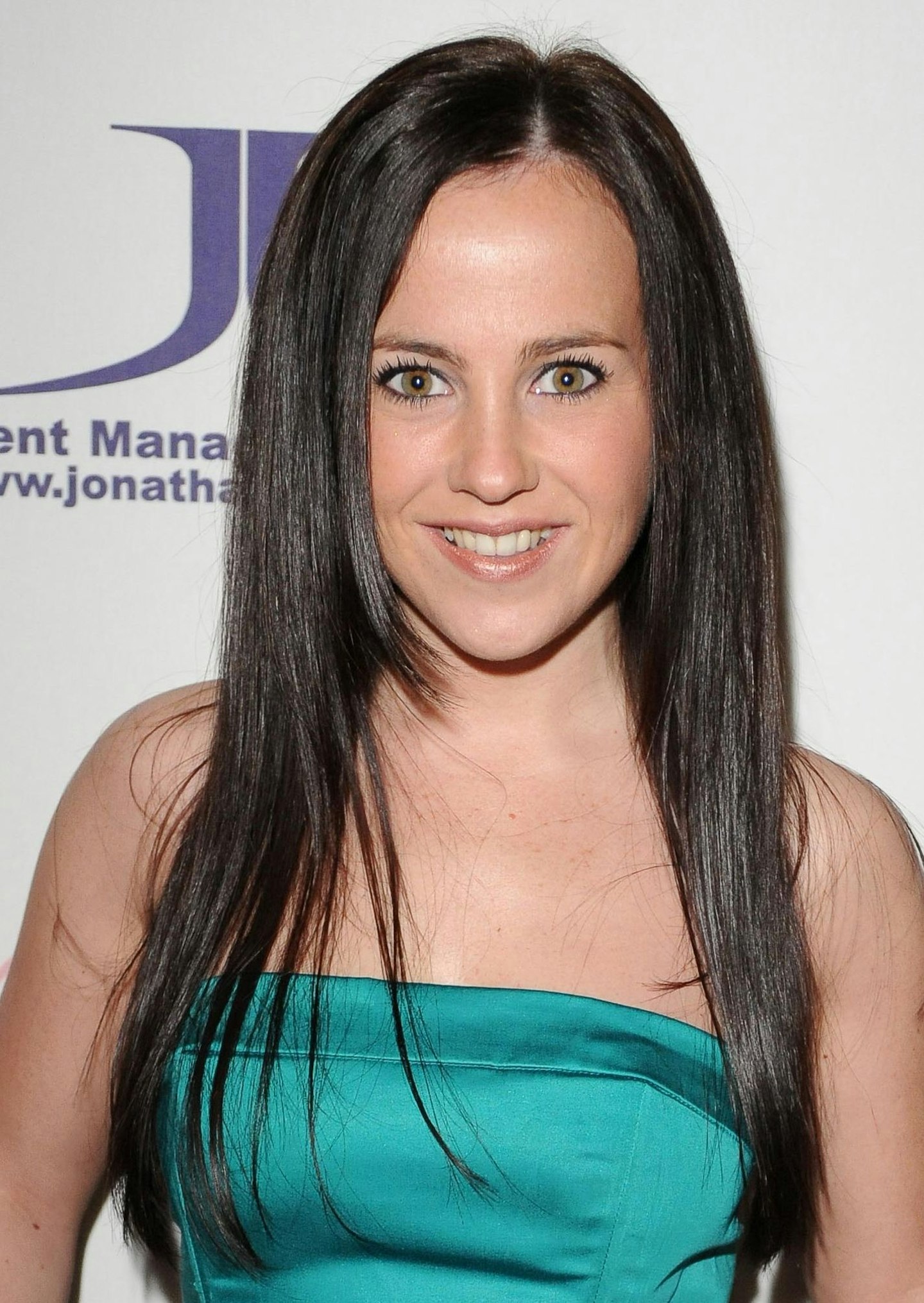 18 of 36
18 of 36NOW: Rachel Rice
After her successful stint on Big Brother, Rachel returned to teaching and is now a fully qualified teacher at Abersychan Comprehensive School in Wales.
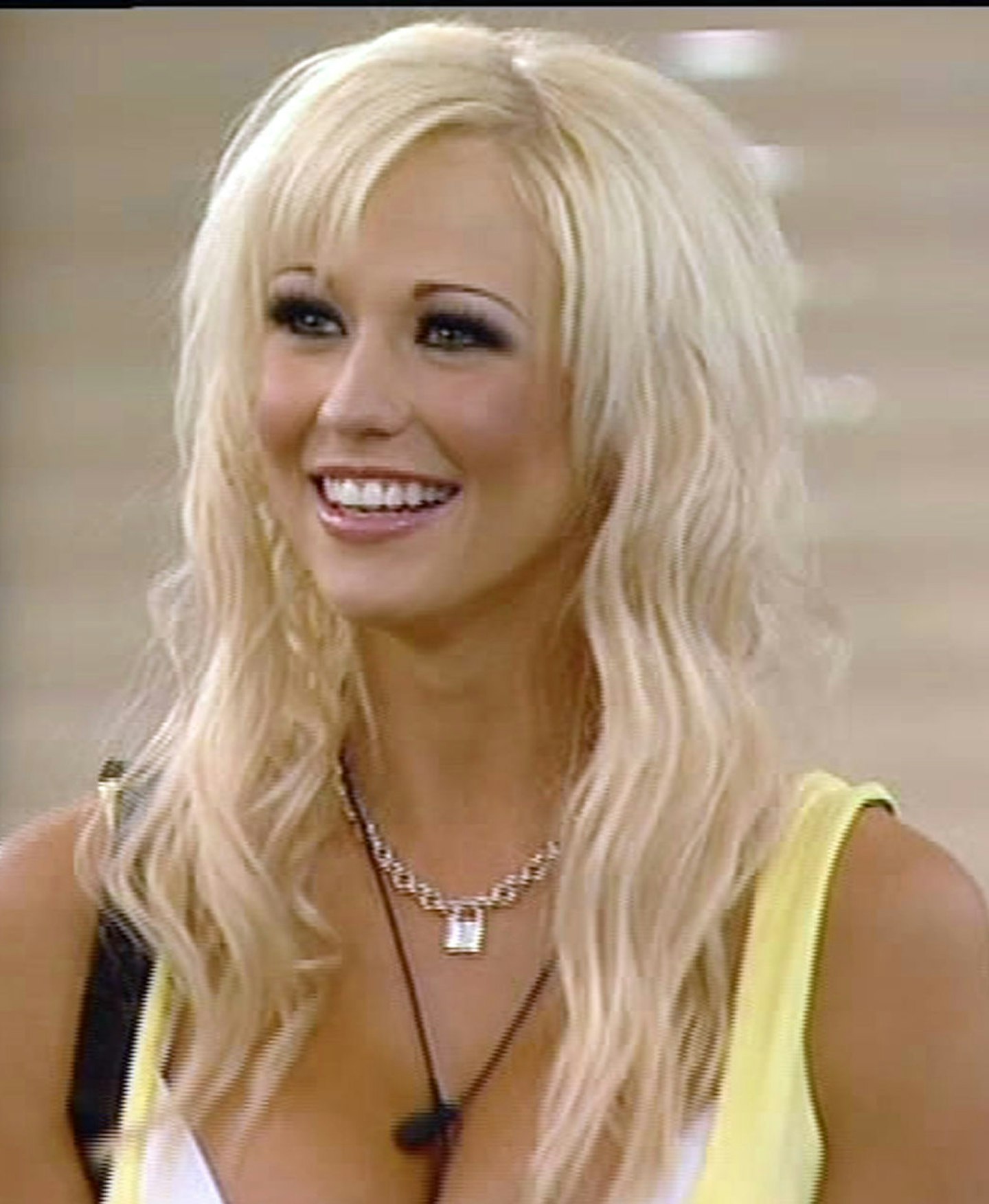 19 of 36
19 of 36THEN: Sophie Reade
Despite being made to change her name to 'DogFace' as part of a task, Sophie won the show in 2009, winning the prize fund of £71,320.
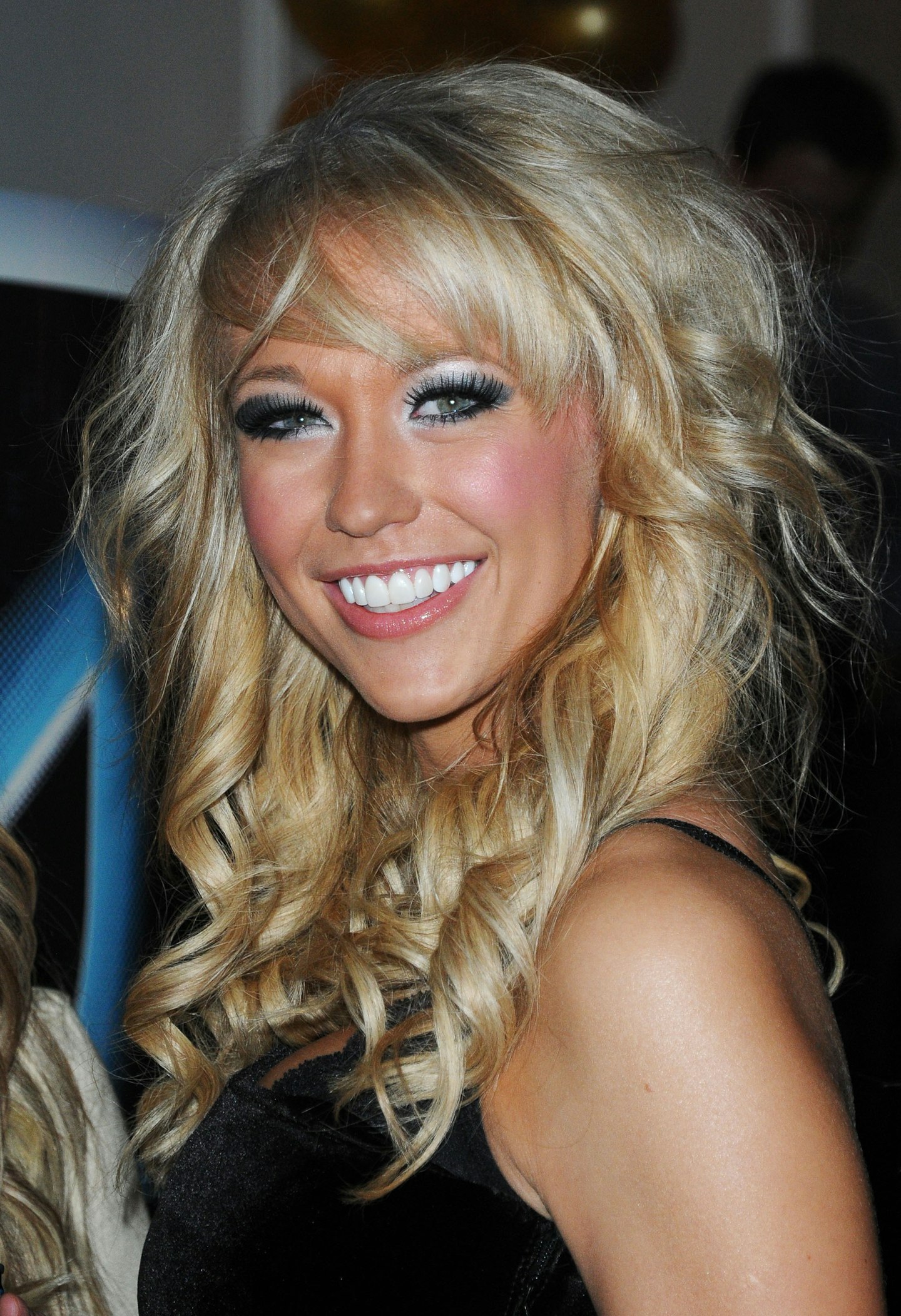 20 of 36
20 of 36NOW: Sophie Reade
Since then, Sophie has continued with her modelling career, appearing in a number of different publications including Playboy.
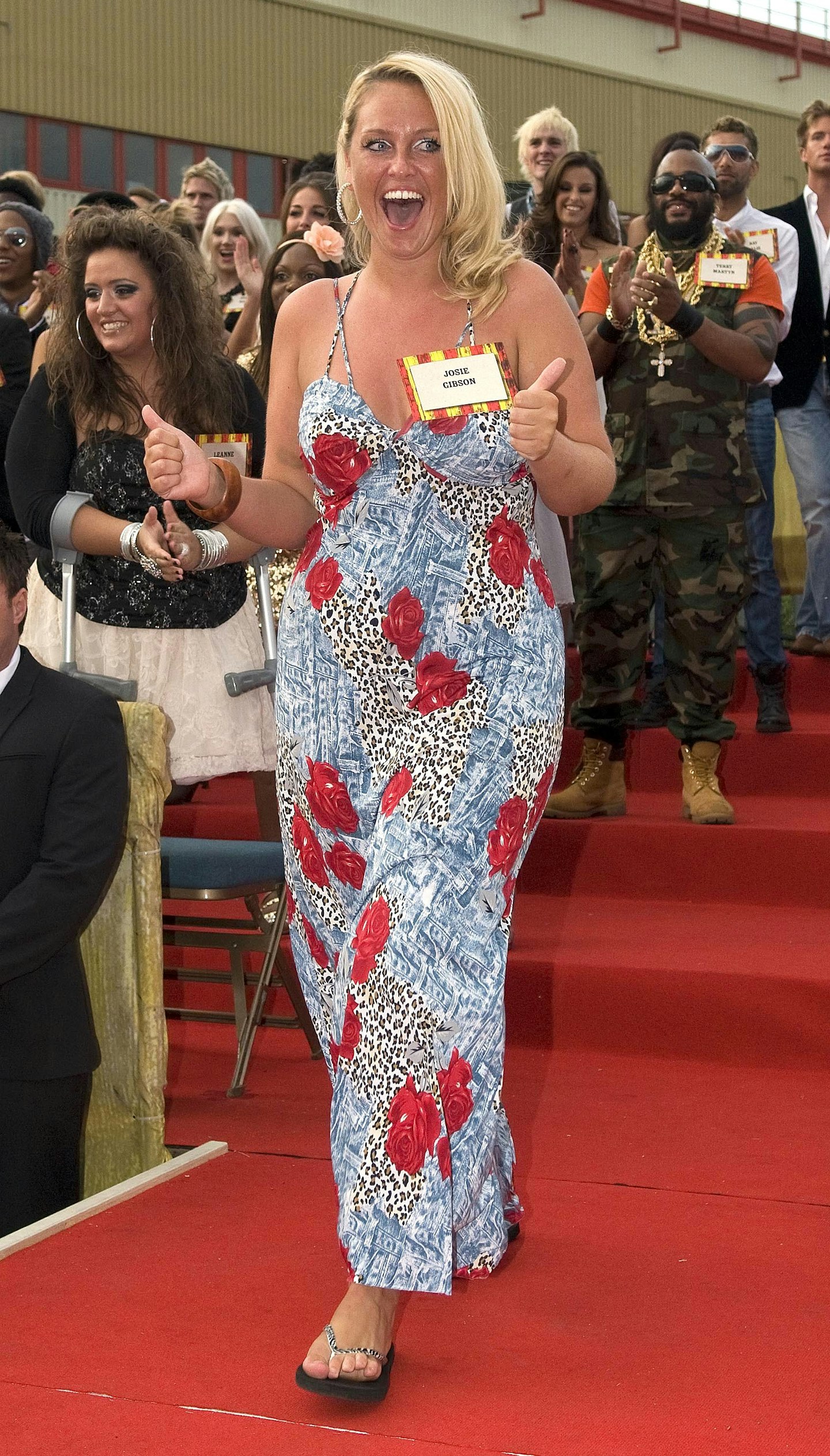 21 of 36
21 of 36THEN: Josie Gibson
Josie won Big Brother in 2010 and later appeared on Ultimate Big Brother later in the year.
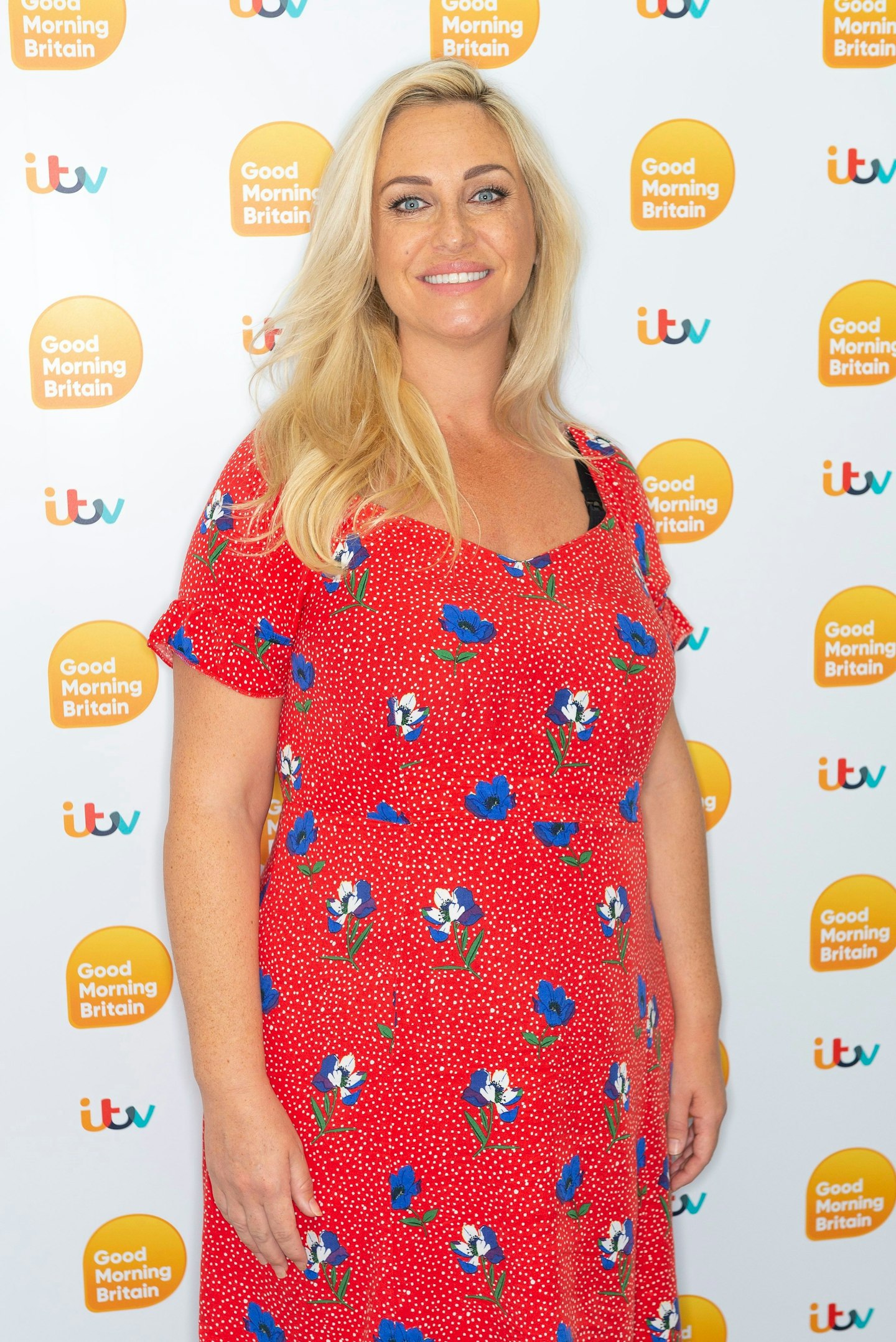 22 of 36
22 of 36NOW: Josie Gibson
Despite splitting from fellow contestant John James Parton, Josie went on to have a mega successful career, landing herself fitness DVDs, TV presenting gigs and her very own TV show. In 2019, Josie welcomed her first child, a baby boy called Reggie-James. The star is now part of the This Morning family.
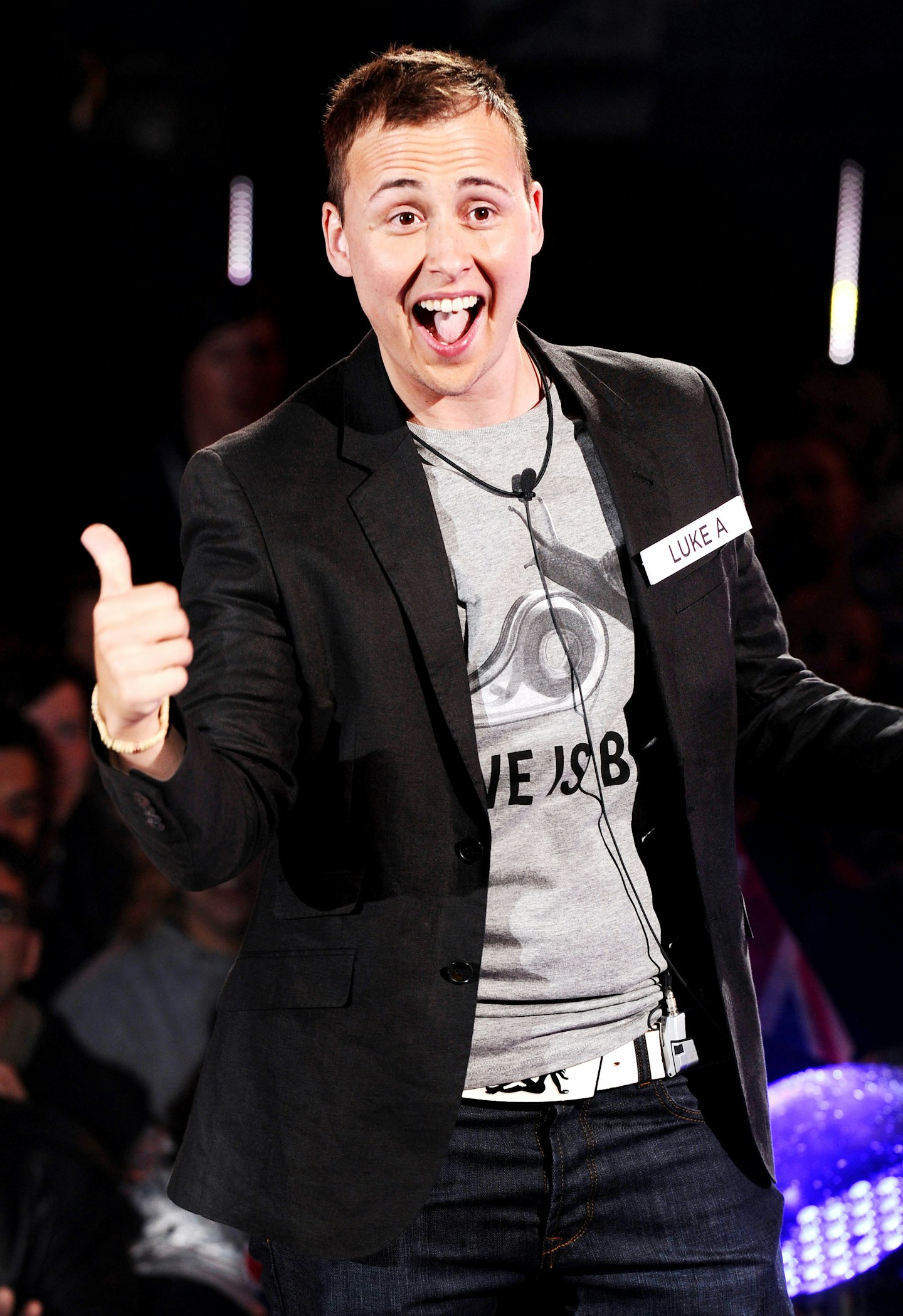 23 of 36
23 of 36THEN: Luke Anderson
Luke won the 13th series of Big Brother in 2012.
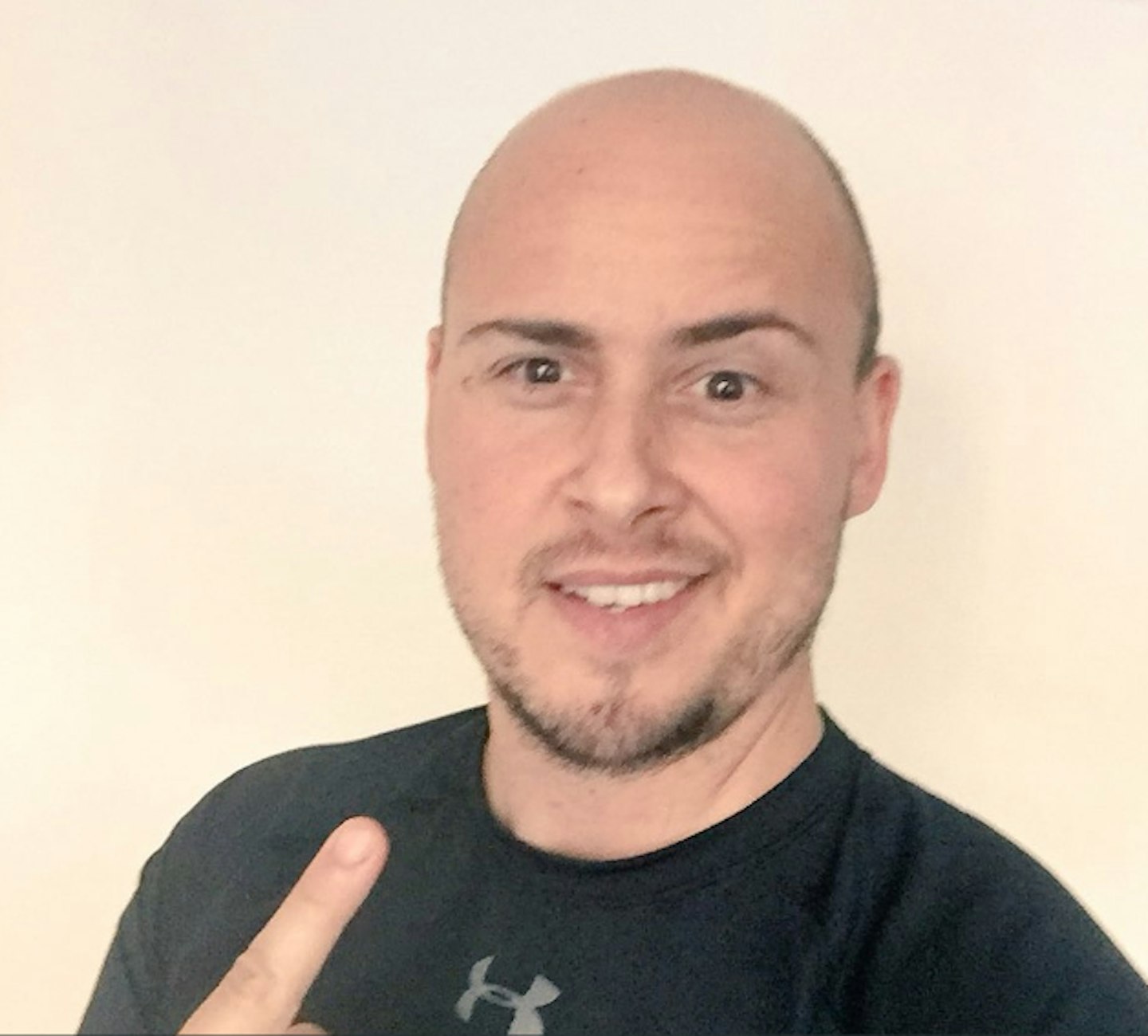 24 of 36
24 of 36NOW: Luke Anderson
After winning the show, Luke quit showbiz and is now a head chef at a hotel.
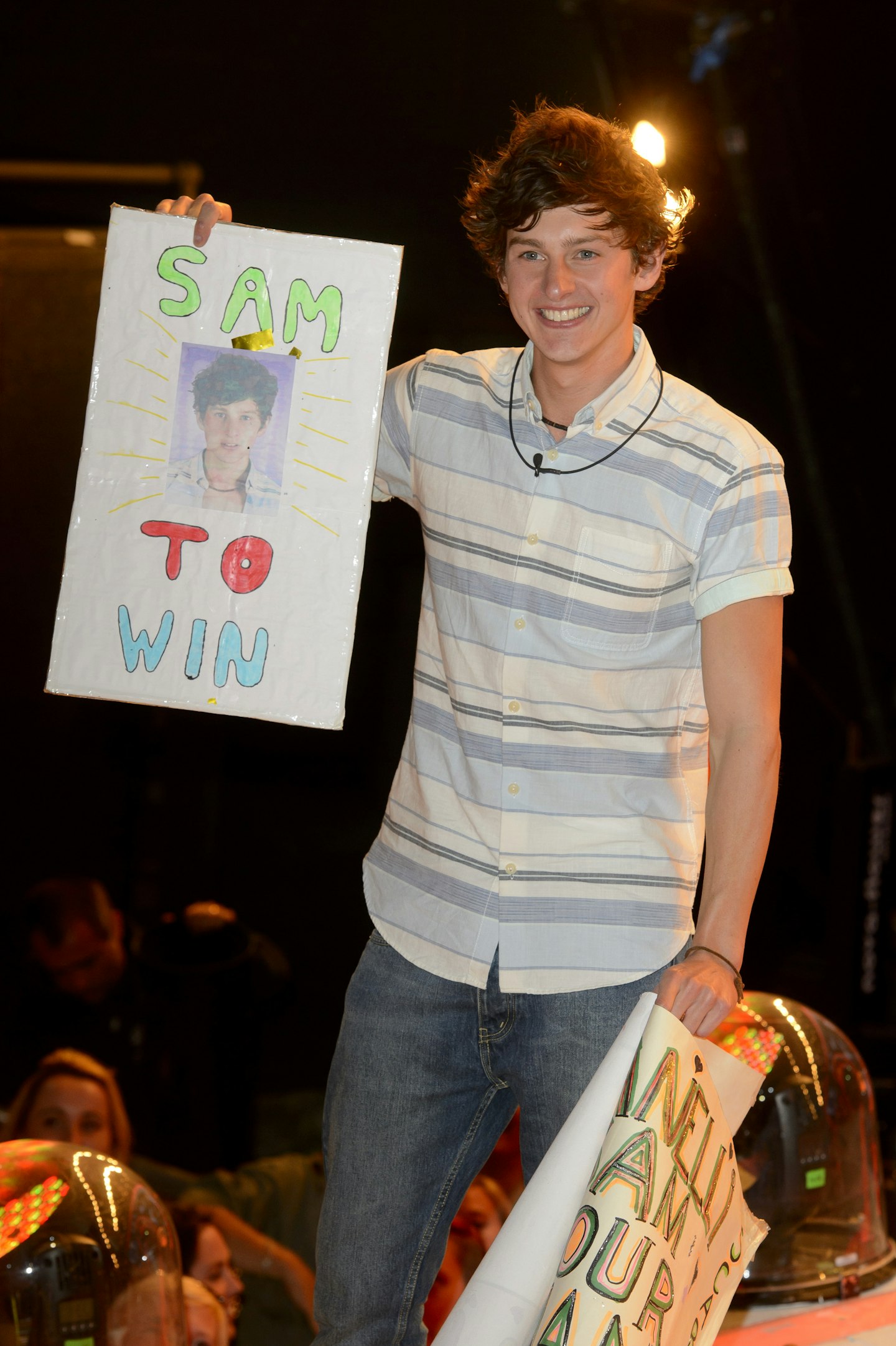 25 of 36
25 of 36THEN: Sam Evans
Welsh boy Sam won Big Brother 14 in 2013.
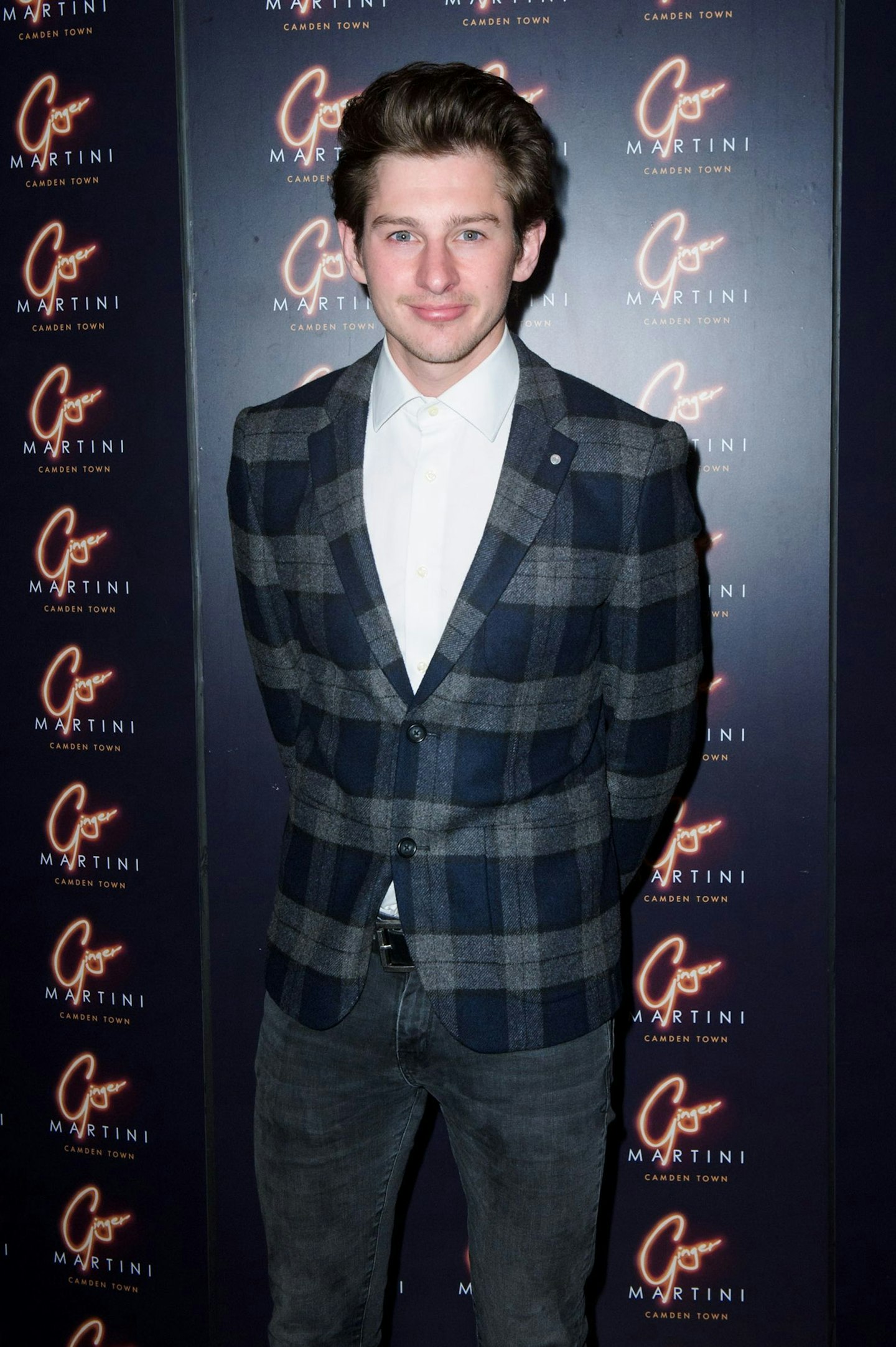 26 of 36
26 of 36NOW: Sam Evans
After his victory, Sam, who was born with 70-80% hearing loss, announced that he intended to return to work in Debenhams.
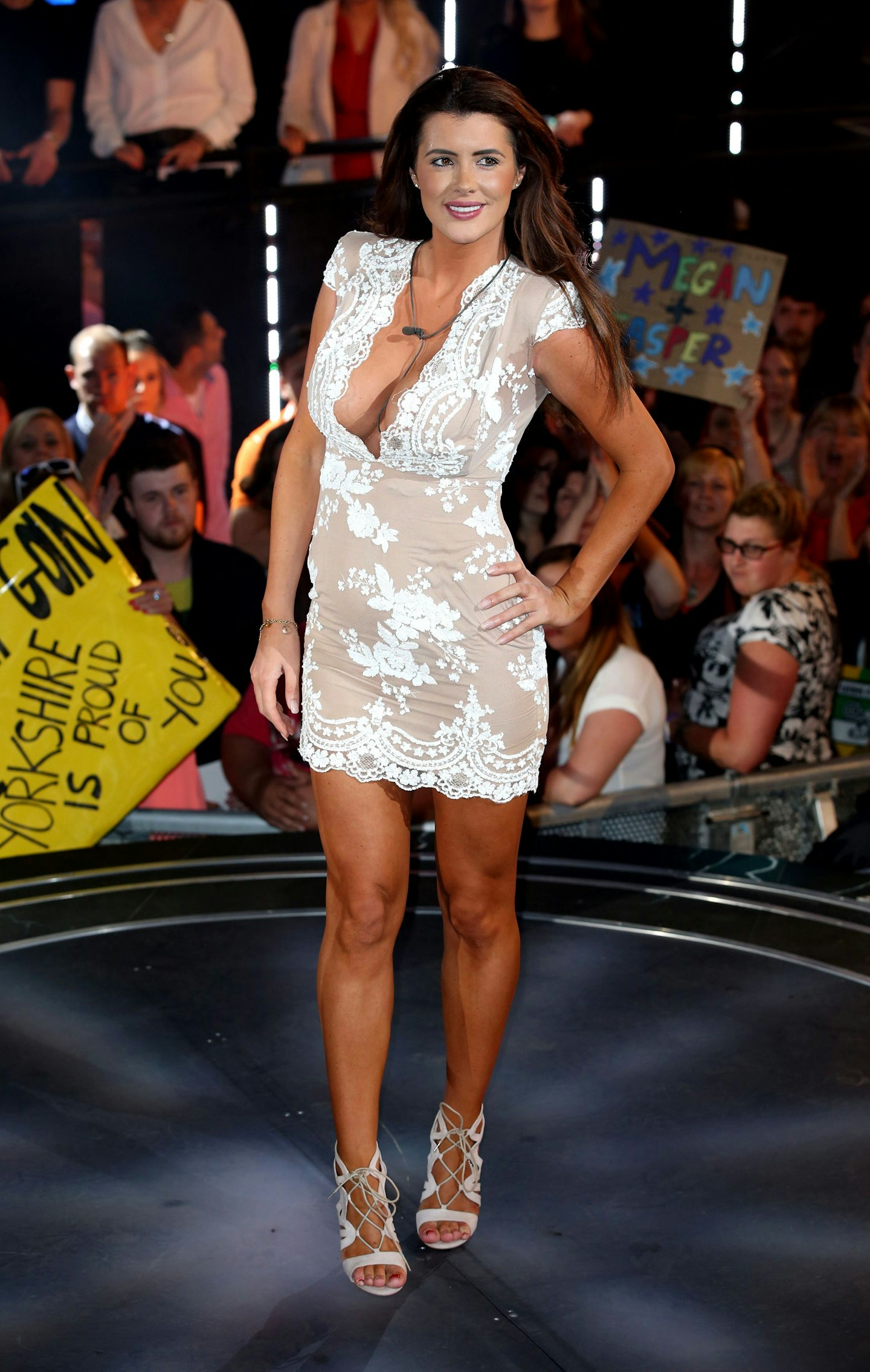 27 of 36
27 of 36THEN: Helen Wood
Perhaps one of the most surprising victories in Big Brother history, but in 2014, Helen Wood was crowned the winner of Big Brother.
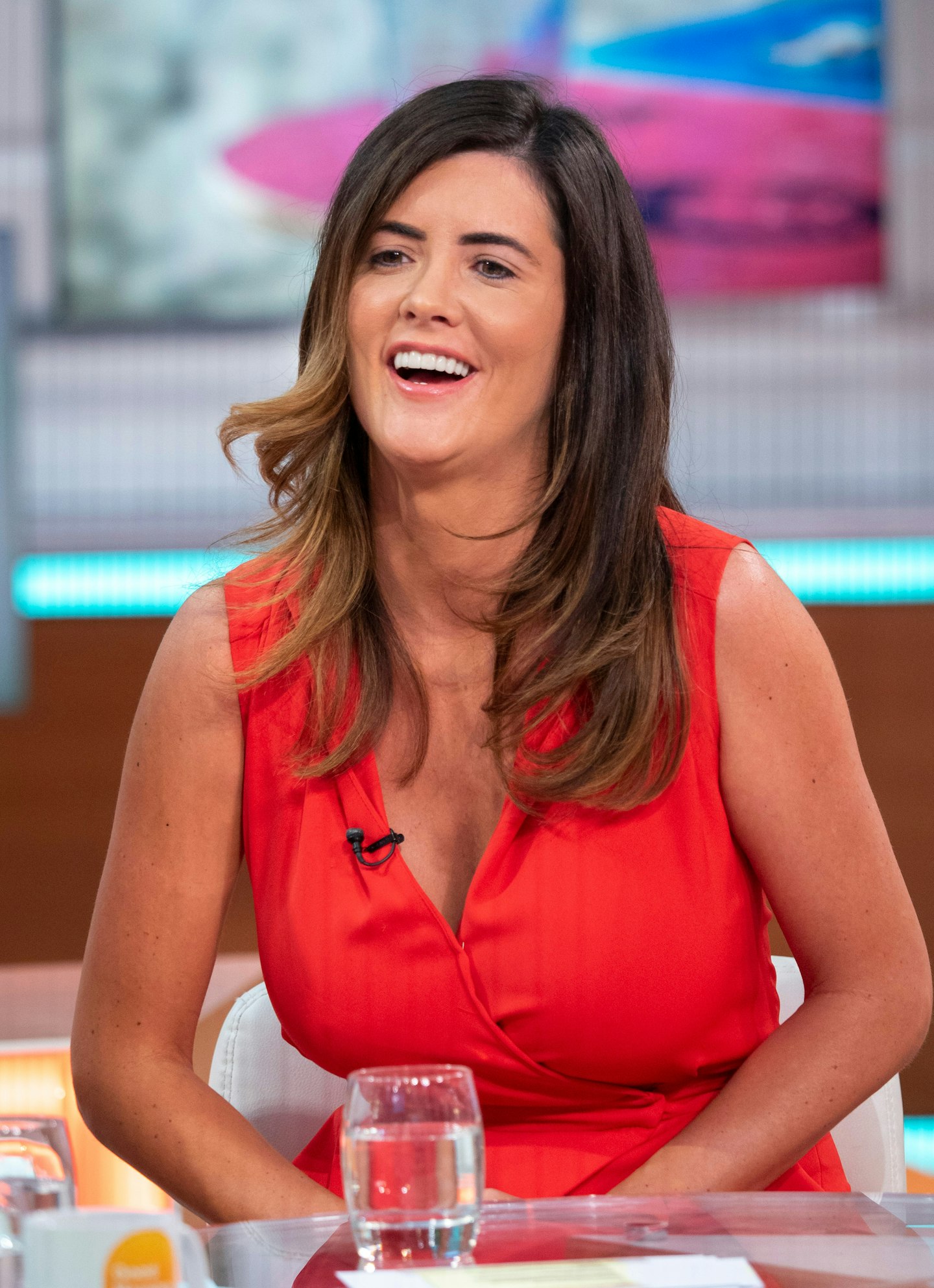 28 of 36
28 of 36NOW: Helen Wood
With her loud personality, Helen has since appeared on a number of TV shows and most recently was involved in a debate on Good Morning Britain.
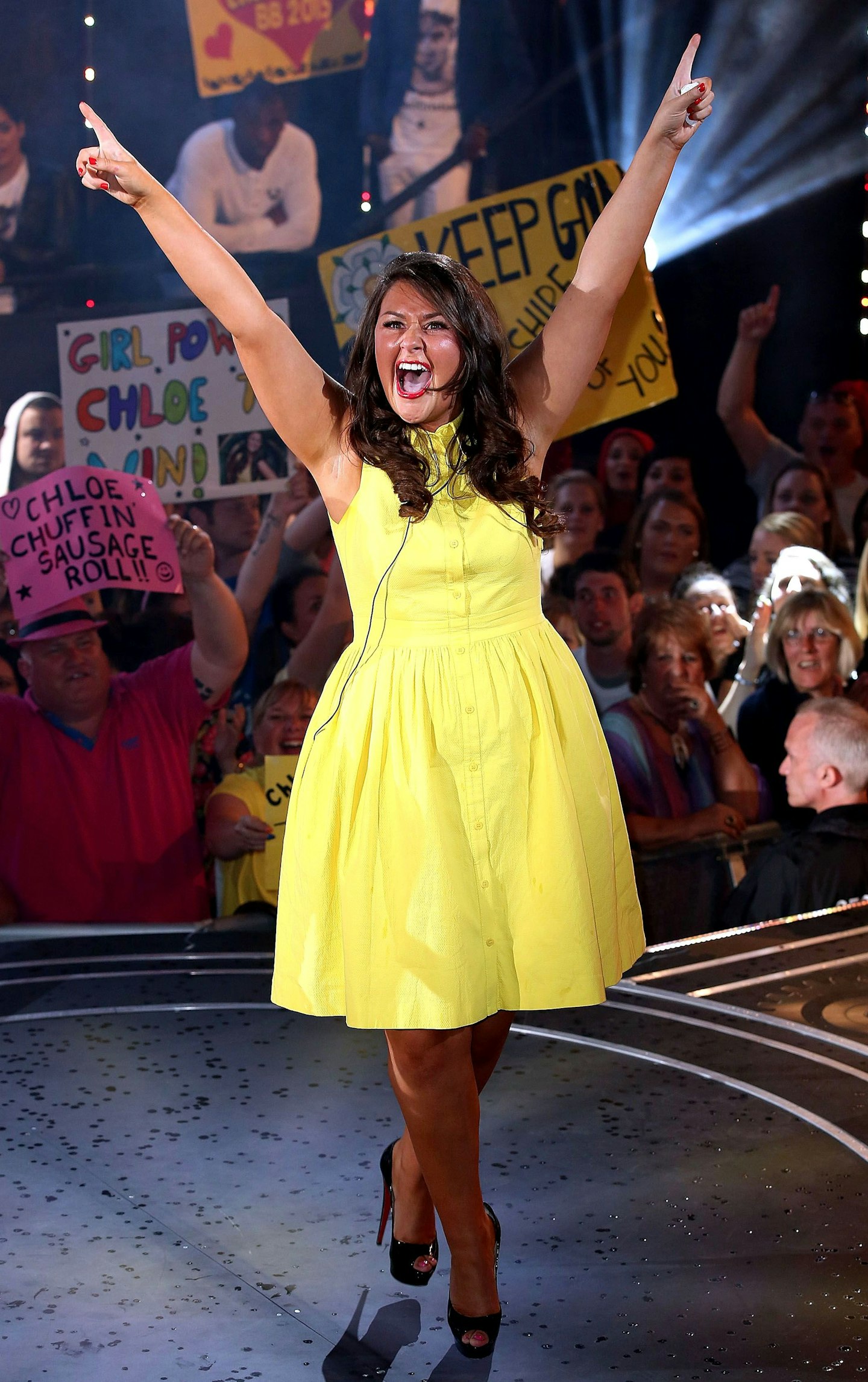 29 of 36
29 of 36THEN: Chloe Wilburn
Chloe won Big Brother in 2015.
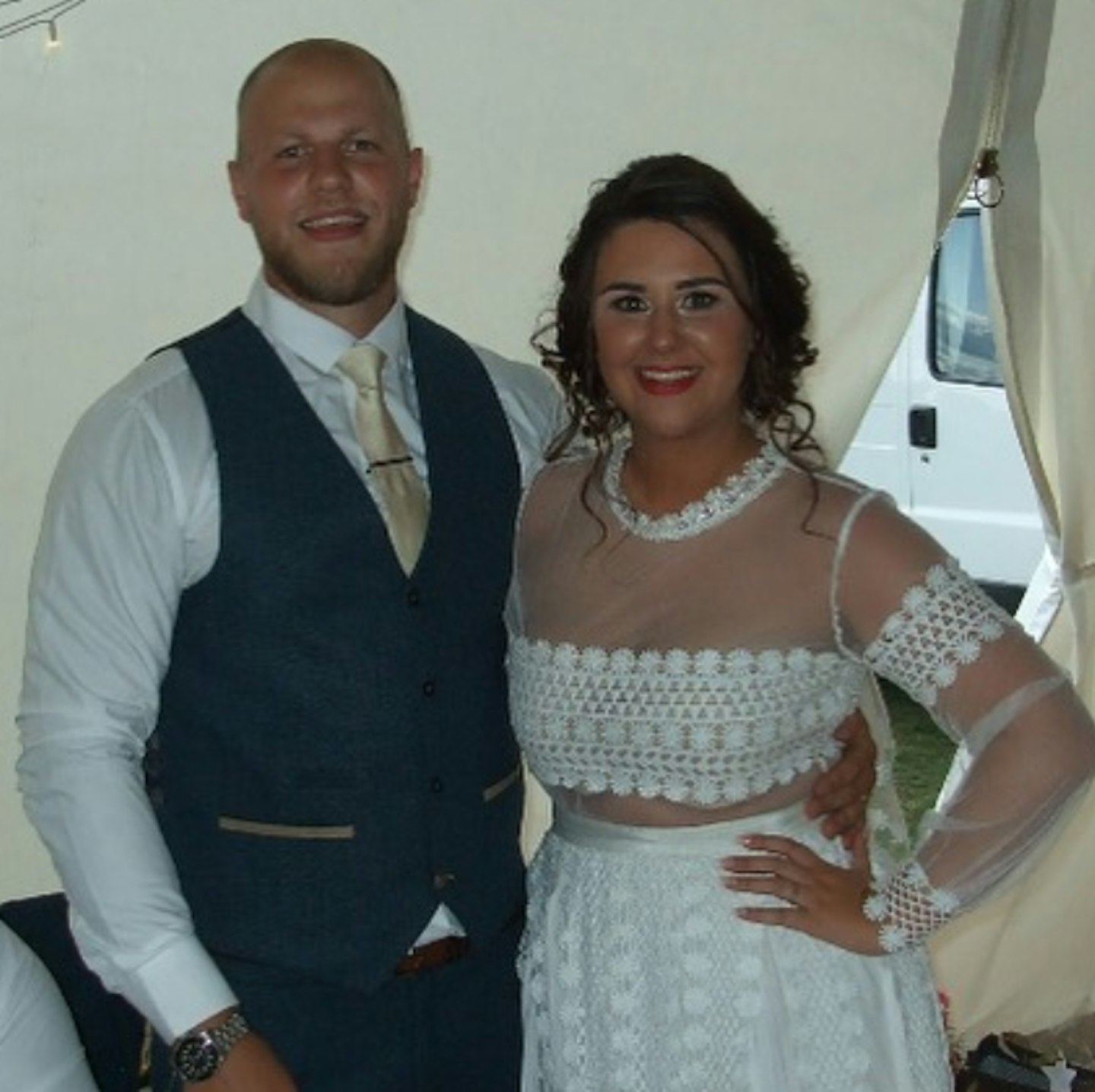 30 of 36
30 of 36NOW: Chloe Wilburn
After winning the show, Chloe decided to return to normal life. She is now married and has a son.
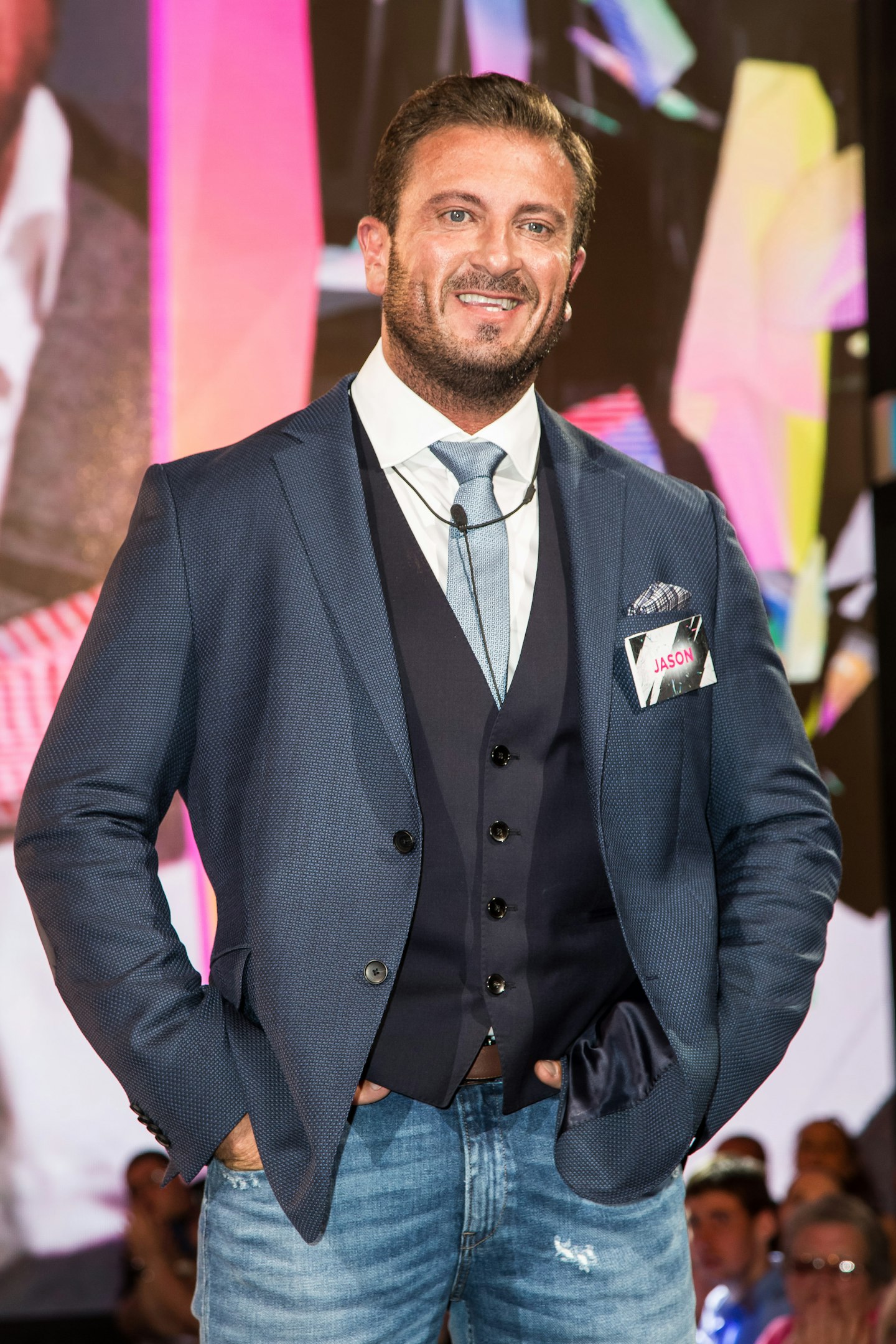 31 of 36
31 of 36THEN: Jason Burill
Despite threatening to leave the house on numerous occasions, Jason won the 17th series of Big Brother in 2016.
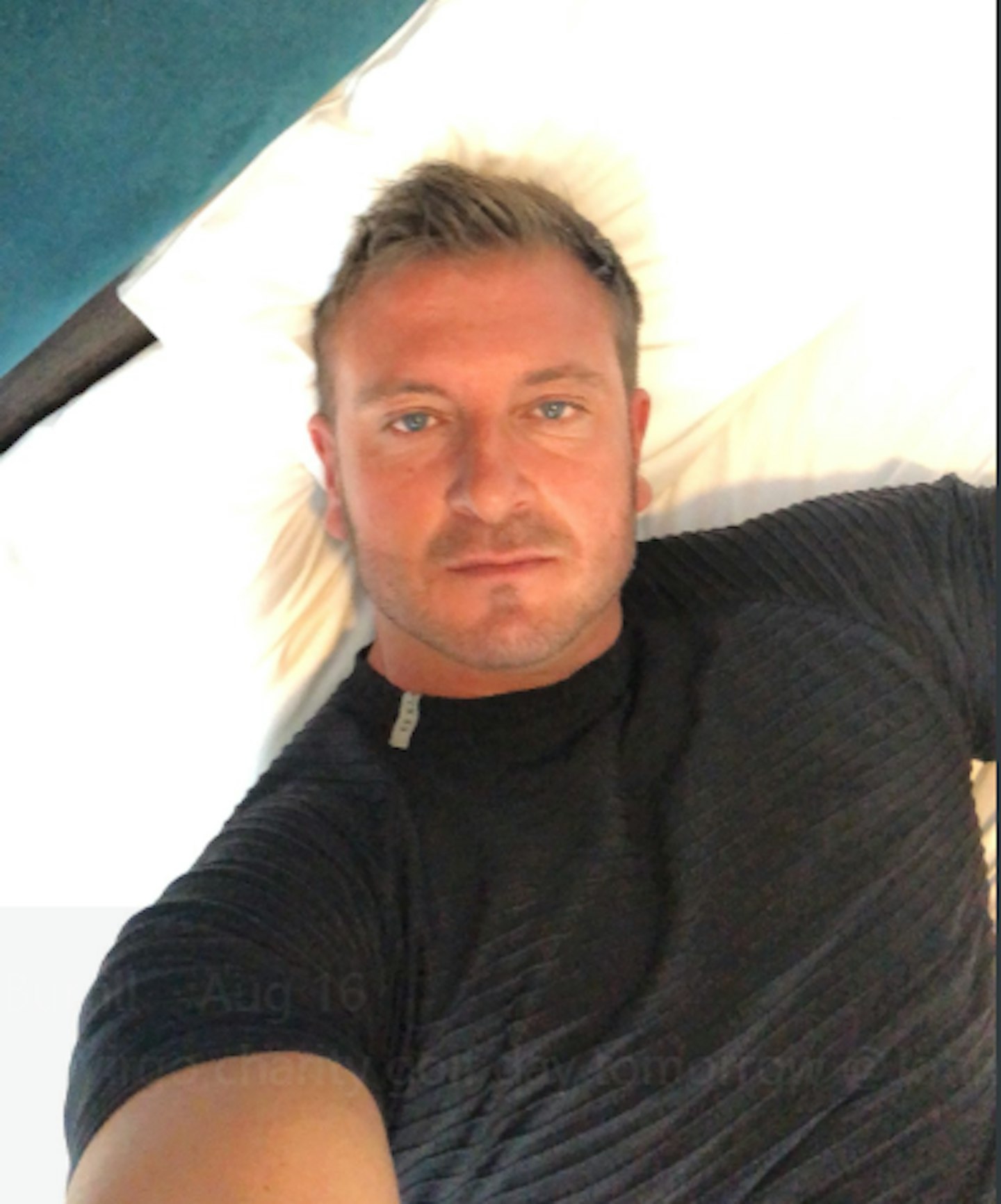 32 of 36
32 of 36NOW: Jason Burill
Since then, Jason has focused his attention on property developing and according to reports, he's set to have '£20 million in the bank in the next 10 months'.
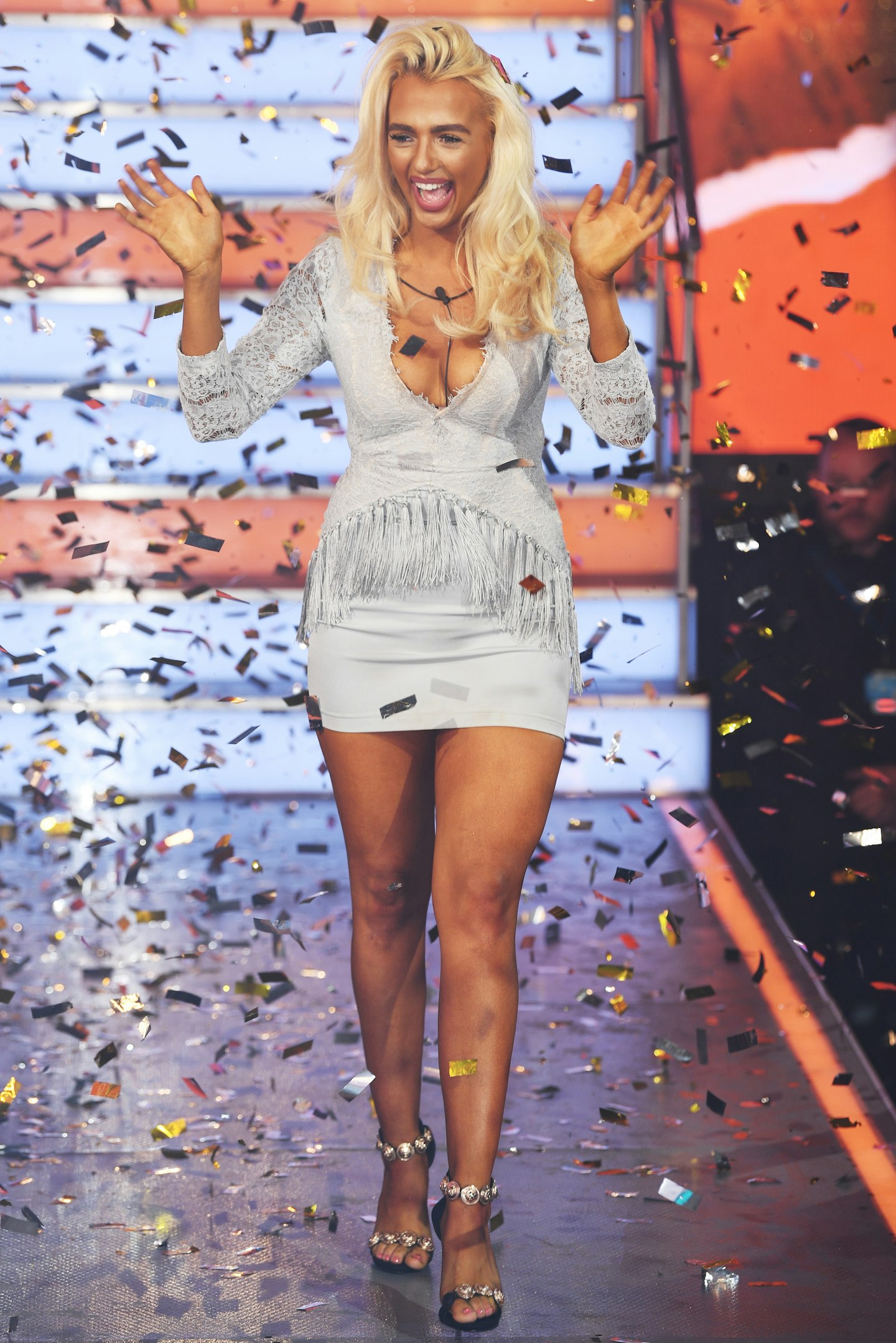 33 of 36
33 of 36THEN: Isabelle Warburton
Isabelle was crowned winner of Big Brother in 2017.
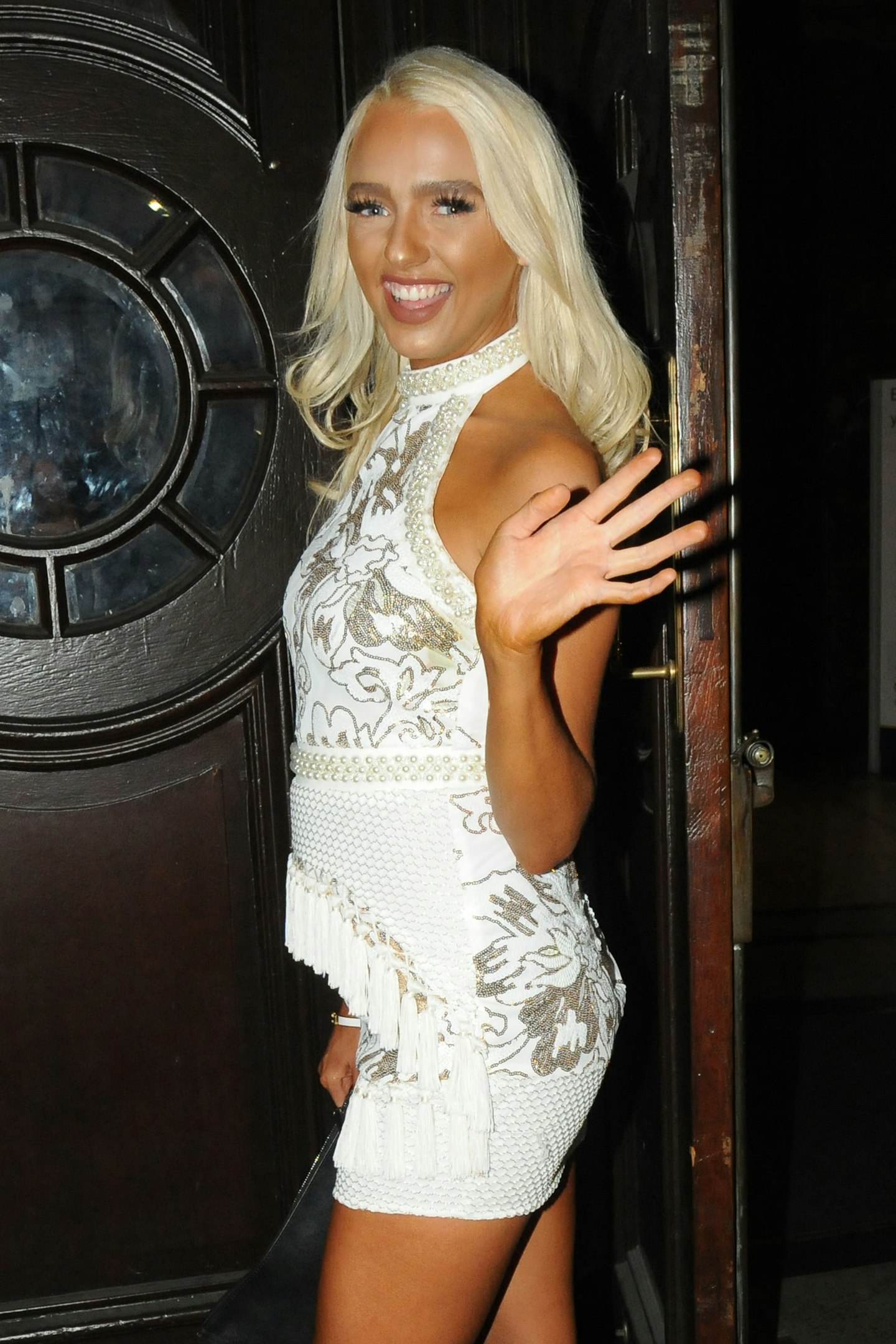 34 of 36
34 of 36NOW: Isabelle Warburton
Isabelle now has over 90k followers on Instagram, making money from promotional deals on social media.
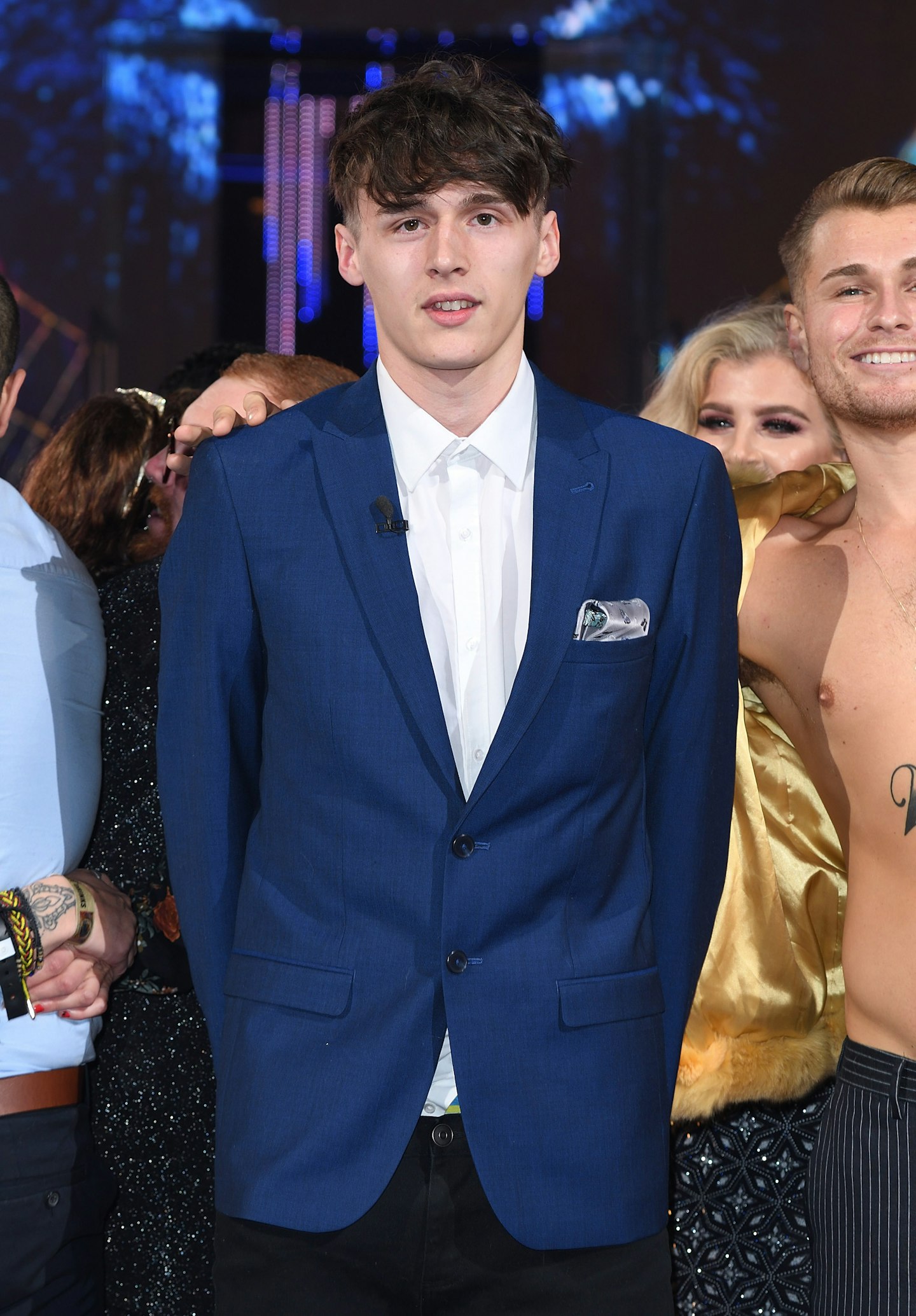 35 of 36
35 of 36THEN: Cameron Cole
Cameron became the last ever Big Brother winner in 2018 and he was only 18 at the time.
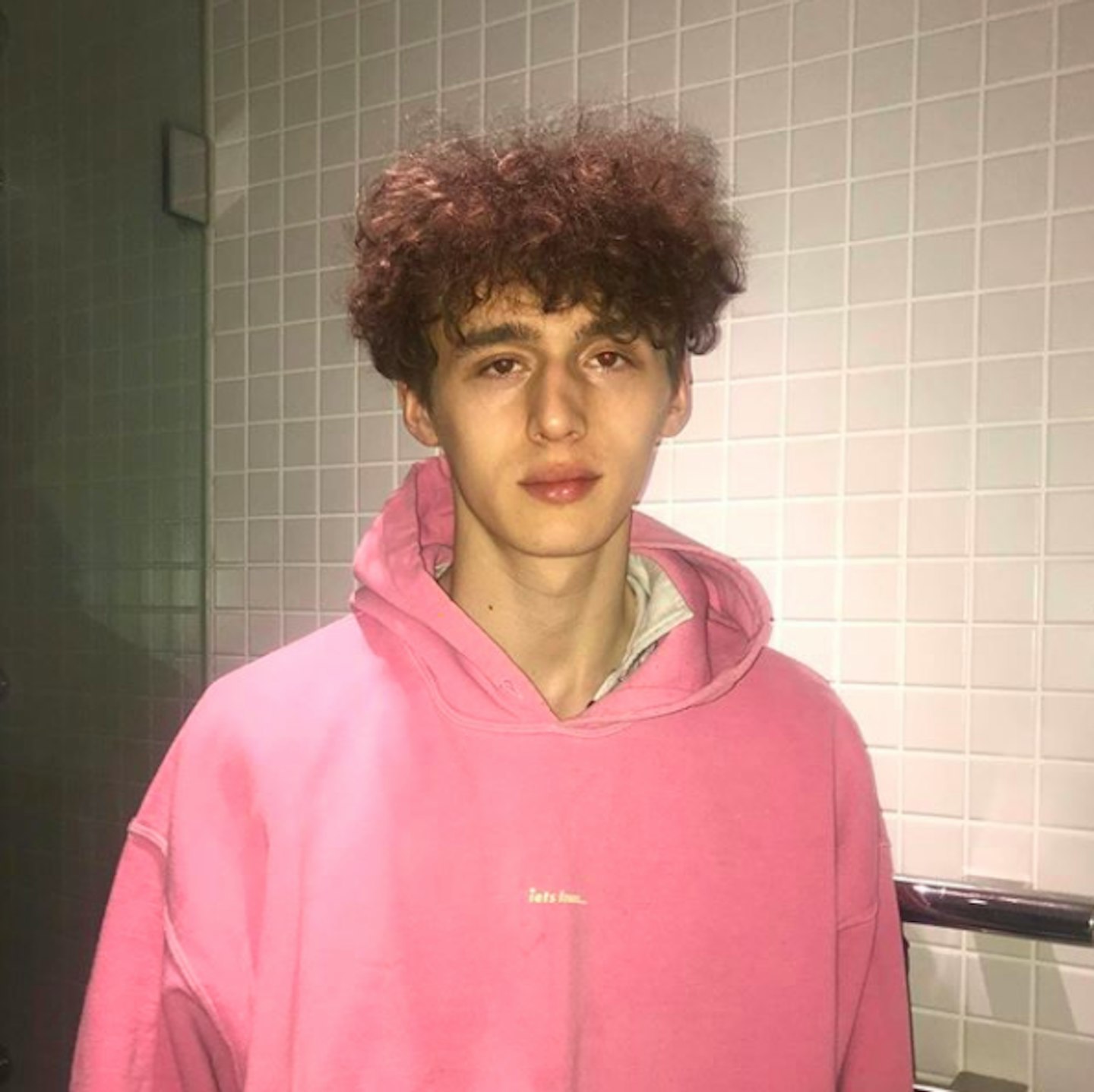 36 of 36
36 of 36NOW: Cameron Cole
Cameron now has over almost 30k Instagram followers and has launched his own content platform.
